
A History of Innovation at Yale
Yale Timeline
- 2023
Jinali Mody YSE '23 — Banofi

Jinali Mody, a student at the Yale School of Environment '23, and her startup Banofi, which transforms banana crop waste into an eco-friendly leather alternative, won the Hult Prize, the world’s largest social entrepreneurship business competition for students.
- 2022
Yale Faculty Innovation Awards
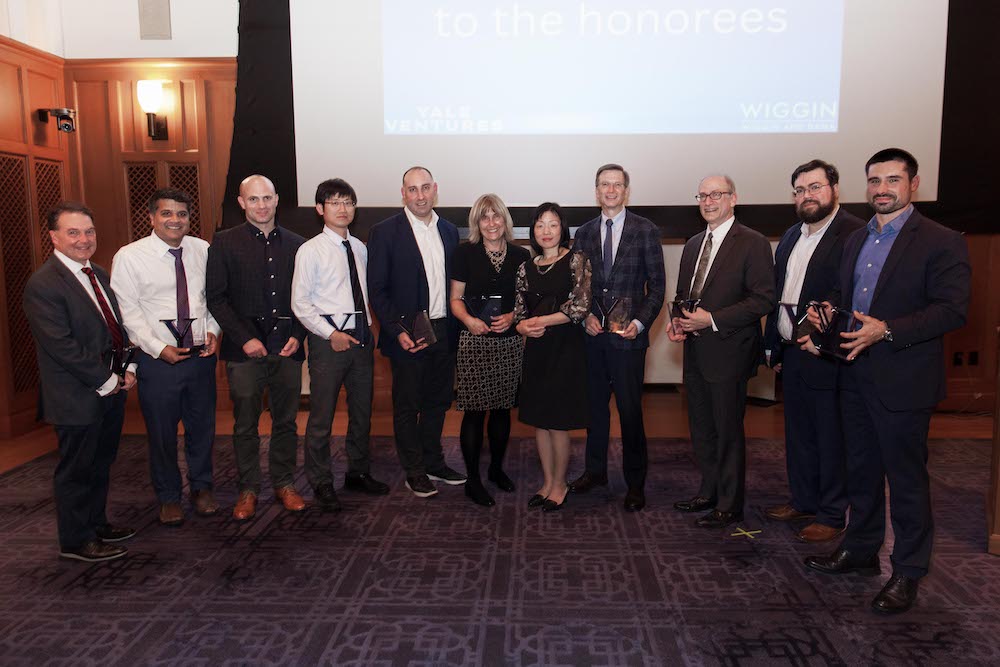
In October 2022, the inaugural Yale Faculty Innovation Awards were granted, honoring the pioneering efforts of Yale faculty investigators. These awards celebrate their groundbreaking work in creating new technologies and launching startups dedicated to tackling global challenges.
- 2022
David Luan ’13 — Adept AI
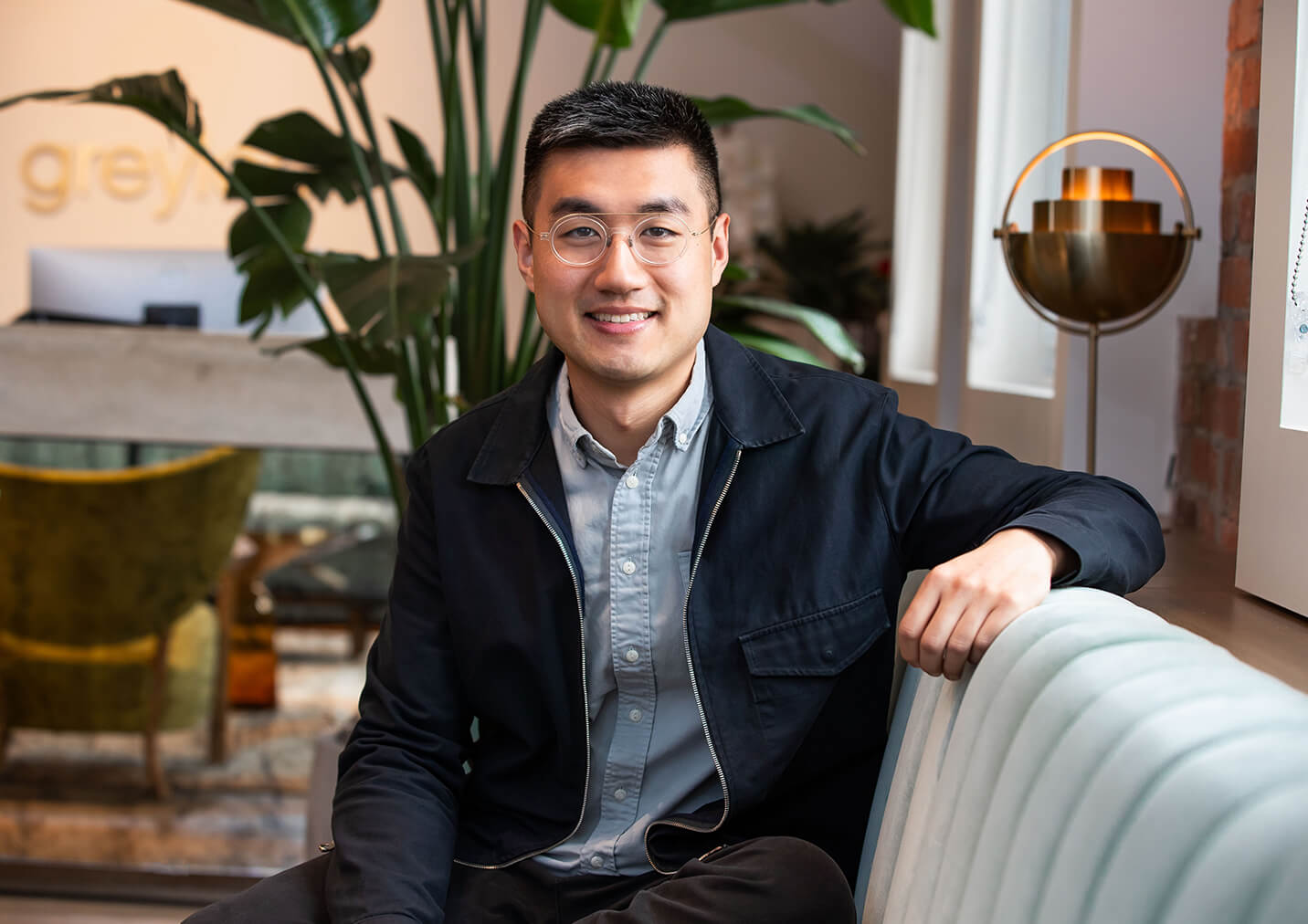
David Luan founded Adept AI, a machine learning research and product lab that builds general artificial intelligence. The company is based out of San Fransisco, California.
- 2021
Shervin Dehmoubed '25 — EcoPackables
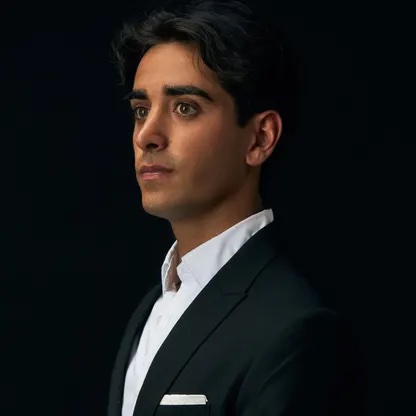
Founded by Yale College student Shervin Dehmoubed, EcoPackables offers entirely compostable packaging for businesses. The company seeks to combat unsustainable delivery services.
- 2020
Tiffany Leong SOM ’21 — Bo-Yi

Bo-Yi, which means “Precious Ceremony” in Cantonese” is a beverage startup that makes a collection of East-Asian superfood teas. The company was founded to bridge the gap between the East and the West.
- 2020
Zoe Geller YSE ’17, SOM ’17, Jason Yang ’09 — Fire Ox Foods
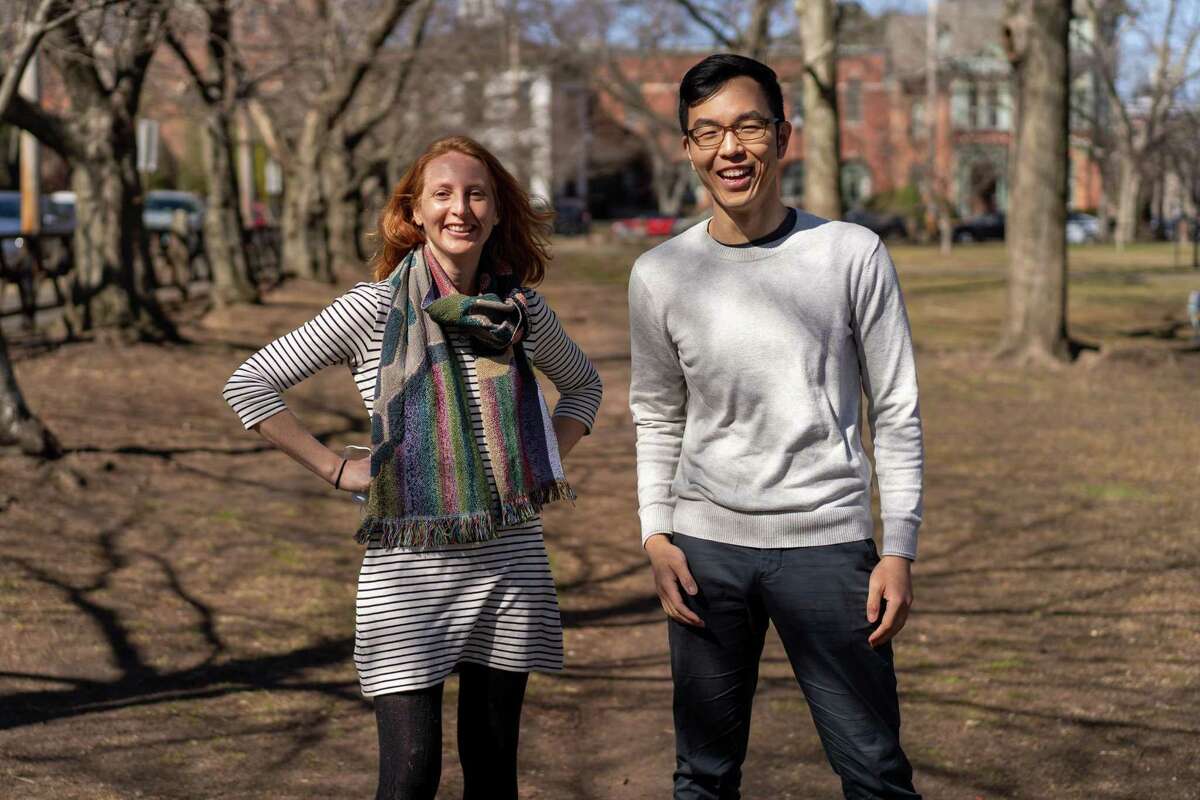
Geller and Yang created Fire Ox Foods to facilitate a more sustainable food system through vegetarian cuisine. The company makes frozen, vegetable-rich meals.
- 2020
Reginald Dwayne Betts LAW '16, GSAS '21— Freedom Reads
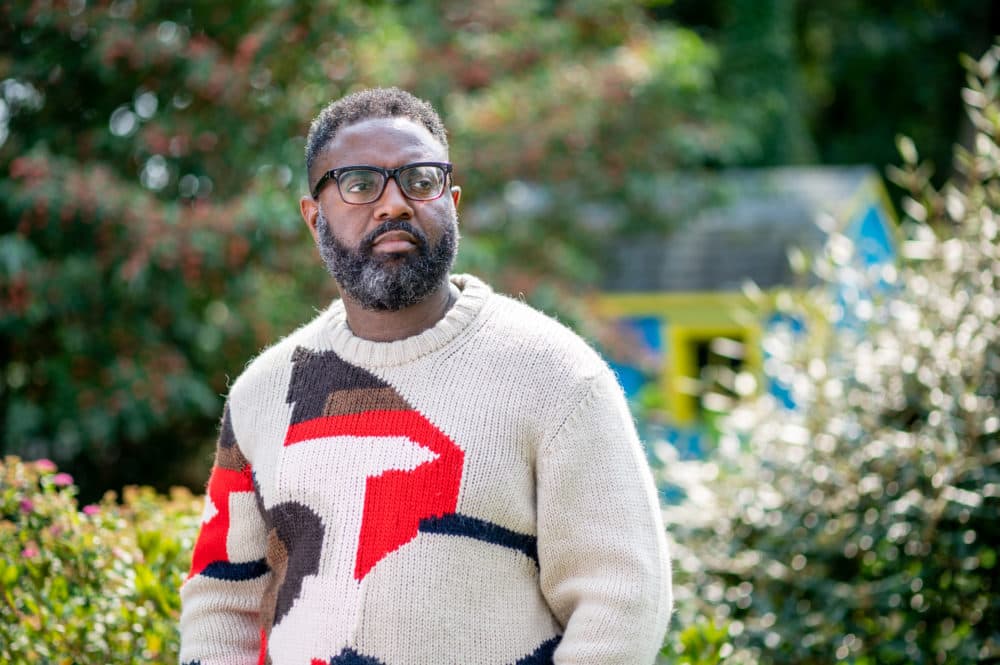
Freedom Reads is a New Haven-based nonprofit that opens 500-book libraries in prison housing units. Its mission is to use literature to empower people in prison to imagine new possibilities for their lives.
- 2020
Akiko Iwasaki and Anna Marie Pyle — RIGImmune
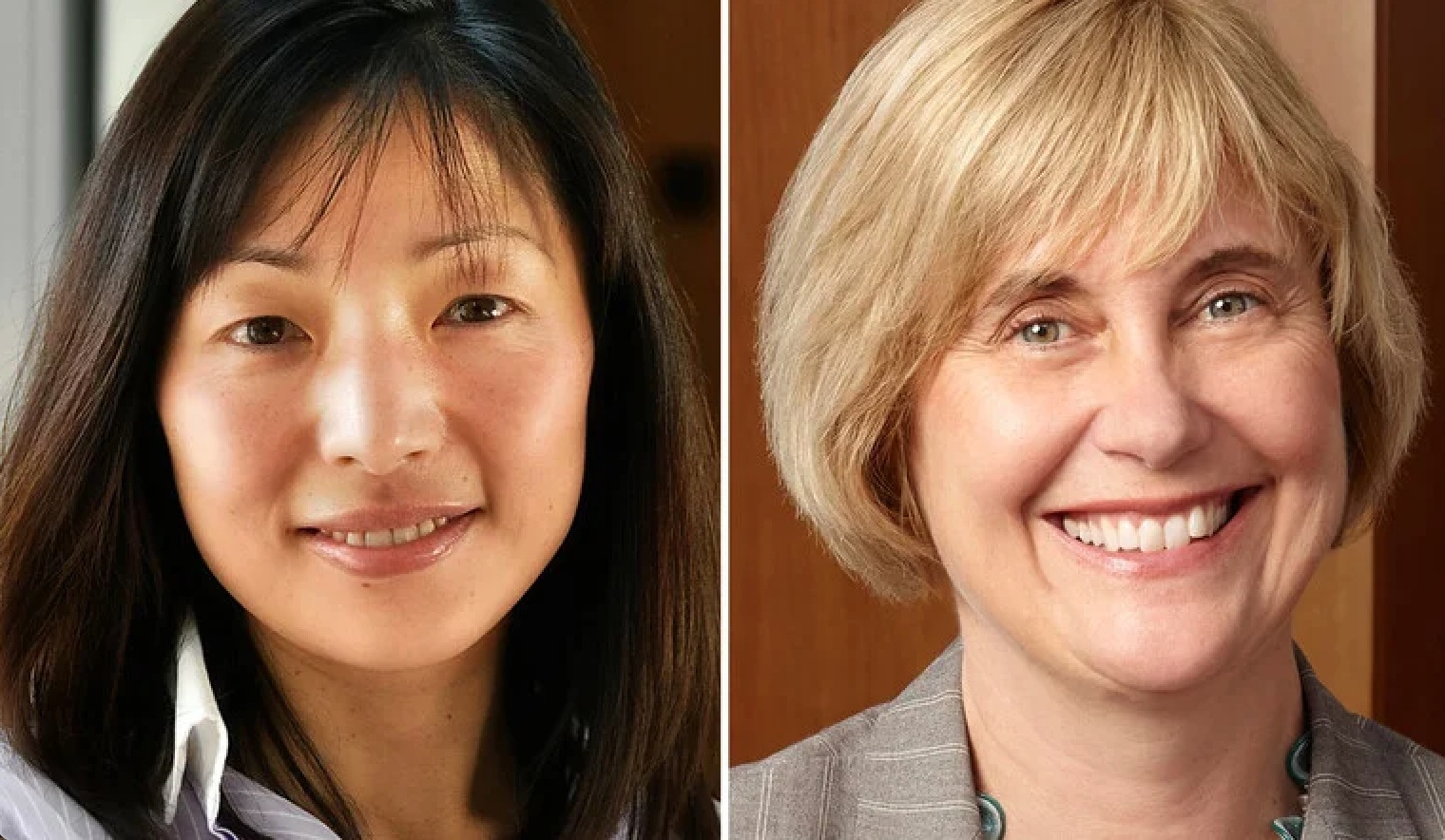
Yale faculty members Akiko Iwasaki and Anna Marie Pyle founded RIGImmune, which pioneers a new class of therapies that target conditions that arise from viral infections and cancer. Central to this technology is RIG-I, the protein from which the company derives its name.
- 2020
Gabriel Saruhashi '22, Uzoma Orchingwa LAW'22/SOM'22 — Ameelio
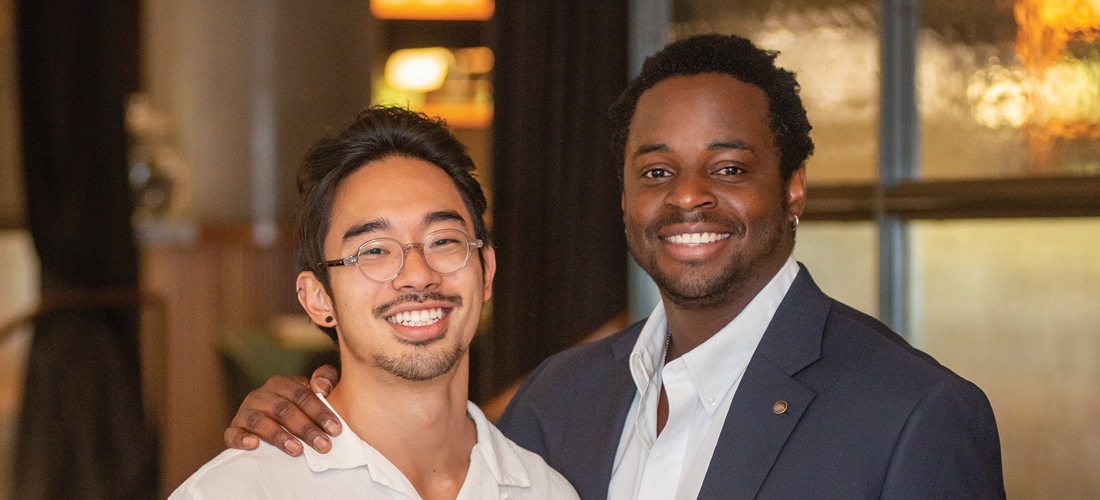
Ameelio is a technology non-profit committed to transforming prison communication services for the incarcerated and their relatives. The organization democratizes prison communication and education technology and cuts recidivism and sustainably reduce prison populations.
- 2019
Erika Hairston '18 — Edlyft
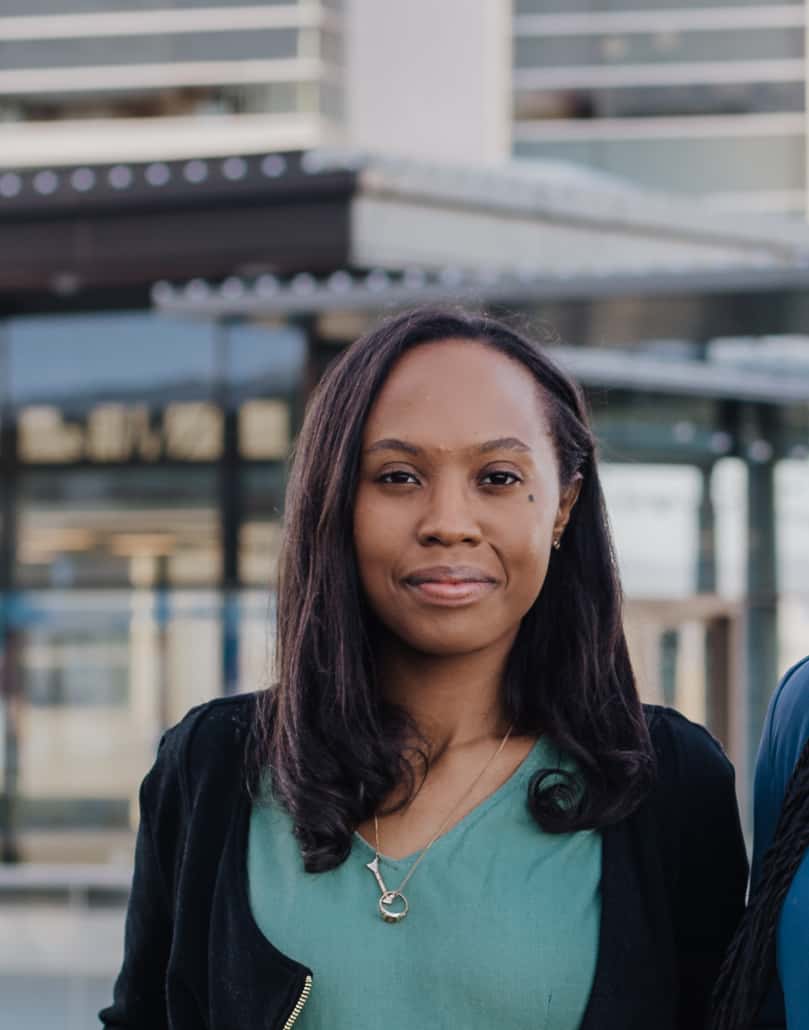
Erika Hairston majored in computer science while an undergraduate at Yale, and often found herself struggling through the courses. When she graduated with her degree, she founded Edlyft: a tech platform that provides small group mentoring and tutoring for STEM students.
- 2018
Tom X. Lee '90 — Galileo
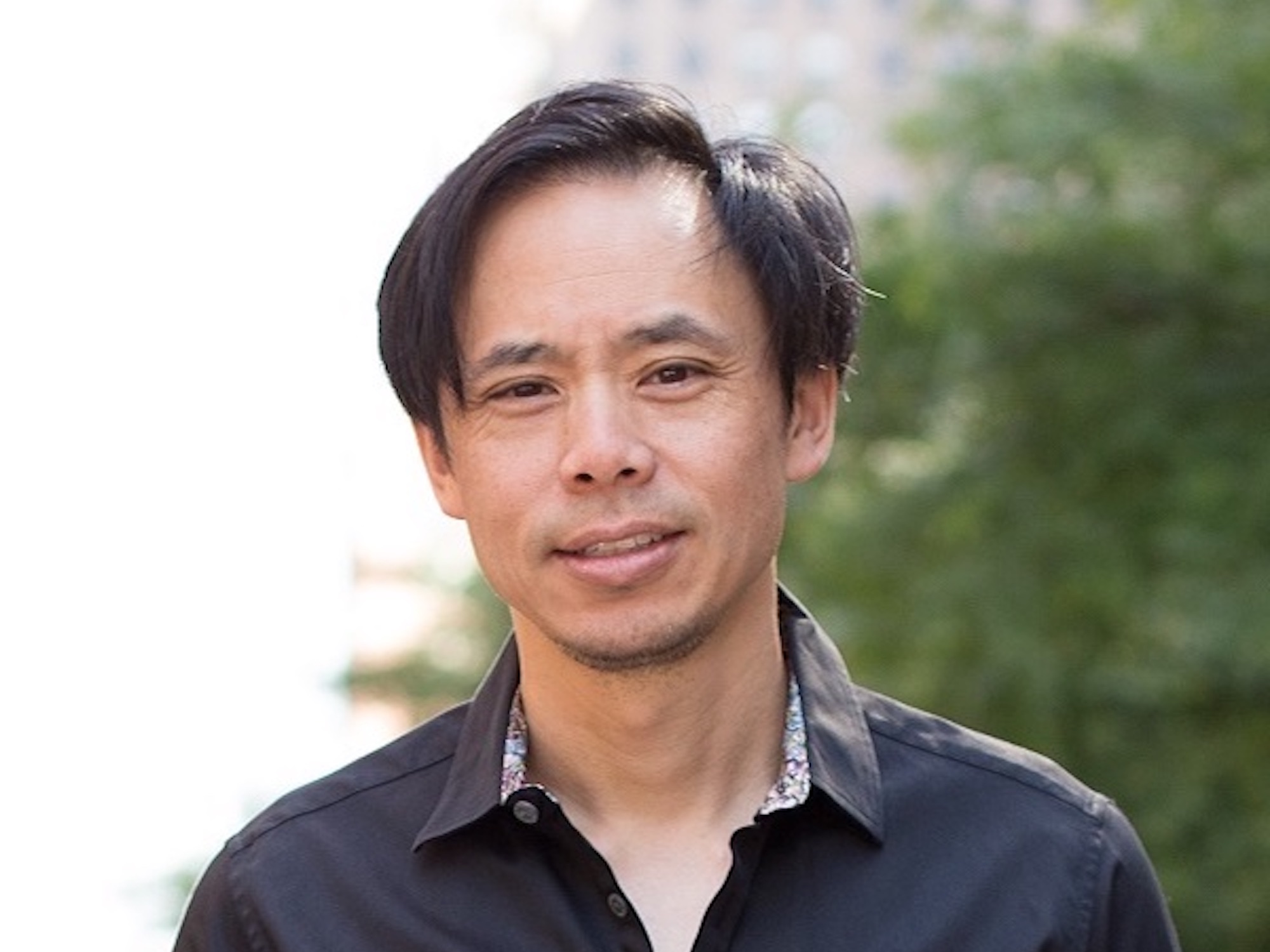
Tom X. Lee is a pioneering innovator in health care; in 2018, he founded Galileo — a next-generation health care delivery model designed to solve the most difficult healthcare problems.
- 2018
Ronghui Gu GSAS '14, '17 — CertiK
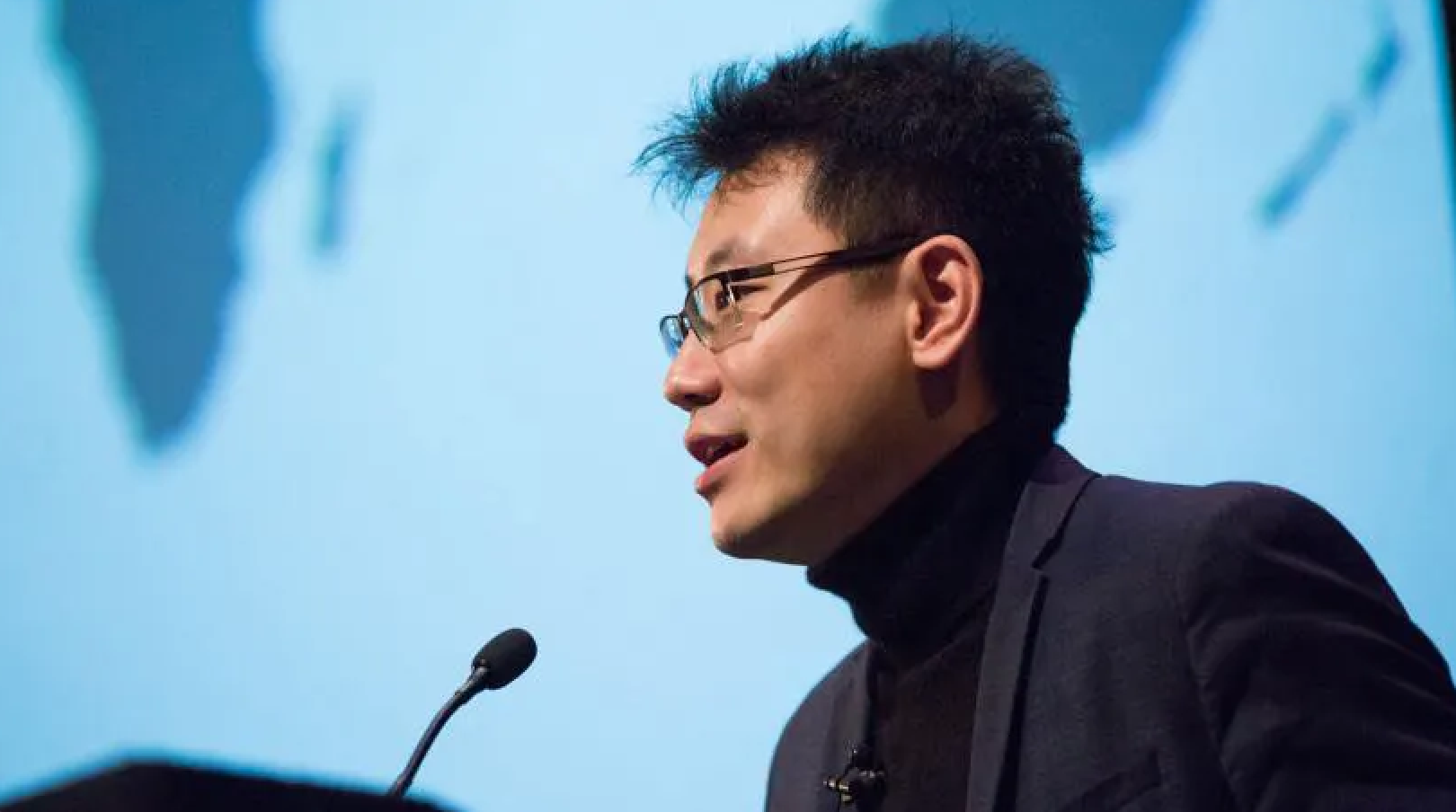
After earning his doctorate at the Yale Graduate School of Arts and Sciences, Ronghui Gu co-founded CertiK, a Web3 cybersecurity unicorn startup. With a valuation of $2 billion, CertiK is the foremost security-focused ranking platform, analyzing and monitoring blockchain protocols and DeFi projects.
- 2017
James Rosenthal ’84, Thomas Glocer LAW ’84 — BlueVoyant
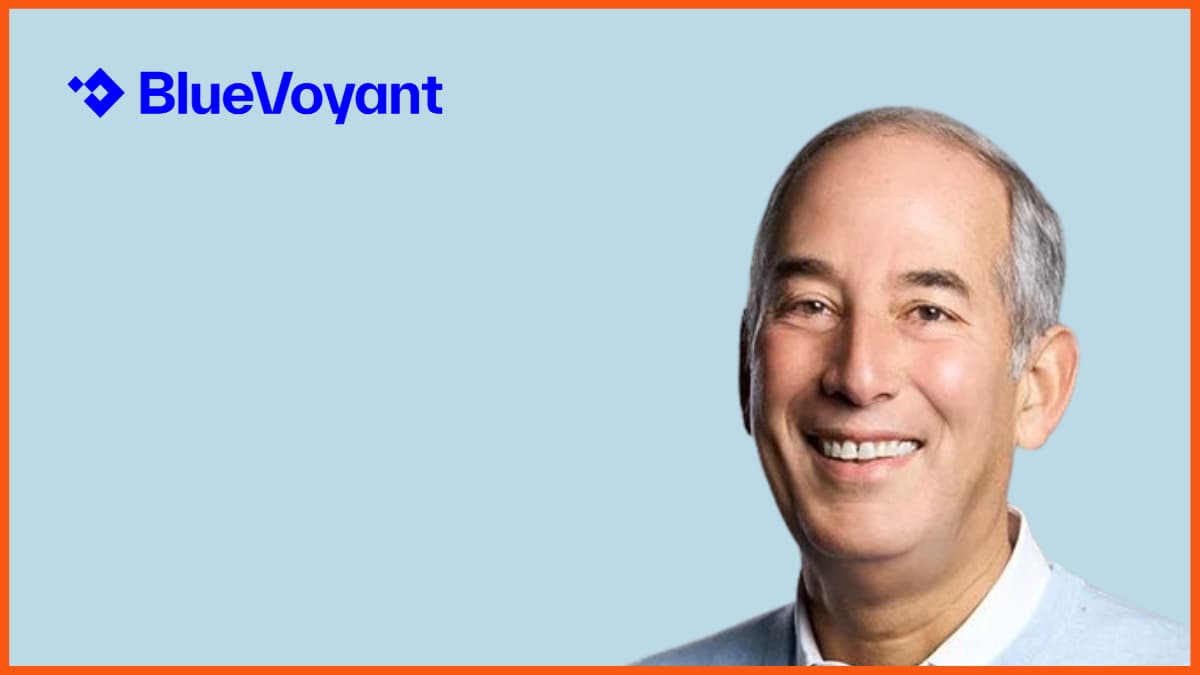
BlueVoyant is an outcomes-based, clout-native cybersecurity company that offers an end-to-end internal and external cyber defense platform for enterprises. The company proactively defends business ecosystems against today's threats using large real-time datasets.
- 2017
Bay Gross ’13 — Cityblock
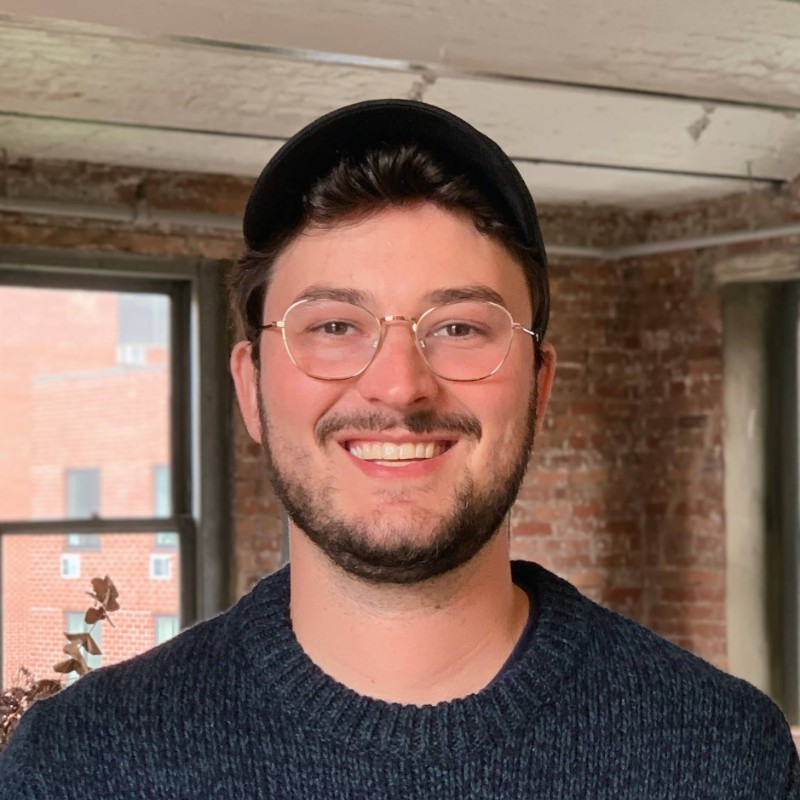
Founded by Bay Gross, Cityblock Health is a tech-driven healthcare provider focused on serving marginalized populations through scalable solutions. Cityblock Health was named a 2023 CNBC Disruptor 50.
- 2017
Tsai CITY
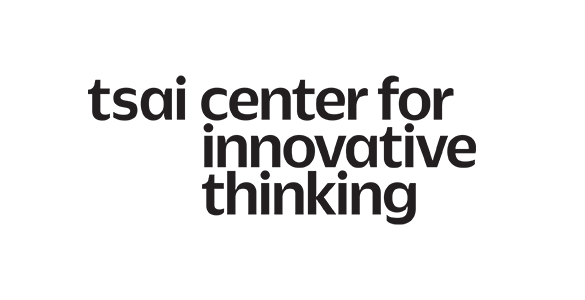
Yale launched the Tsai Center for Innovative Thinking, made possible through the generous donation from Yale College and Yale Law School alumnus Joseph Tsai. This center stands as a transformative addition to Yale’s physical landscape, dedicated to advancing Yale’s mission of fostering an interdisciplinary learning environment that nurtures the University’s innovative ecosystem.
- 2016
April Koh '16 and Adam Chekroud GSAS '18 — SpringHealth
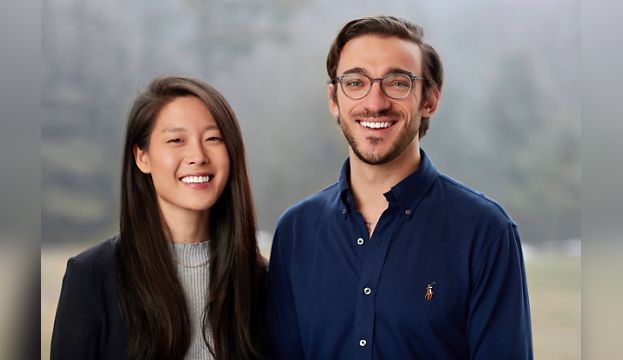
Spring Health aims to improve the delivery of mental healthcare services through its digital platform that connects employees and organizations to personalized mental healthcare plans. The platform offers access to confidential plans and ways to get in touch with a therapist or psychiatrist as quickly as possible.
- 2014
Chen Chen SOM ' 16 — Saphlux
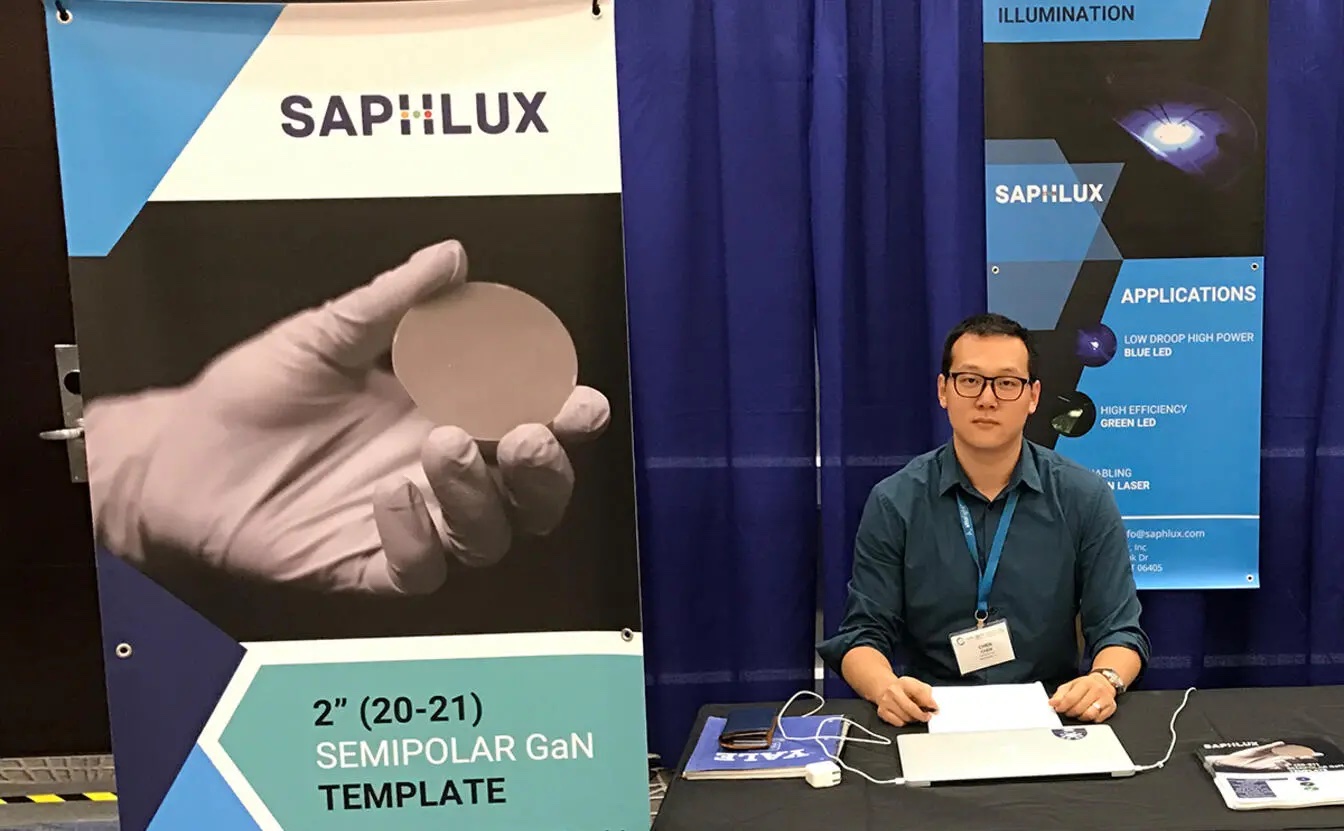
Saphlux was founded at Yale University in 2014 by School of Management graduate Chen Chen to commercialize the next-generation light engines. Saphlux is mass-producing NPQD® micro-LED products for public information display and TV applications utilizing a dedicated fabrication line.
- 2014
Yale School of Management — Program on Entrepreneurship
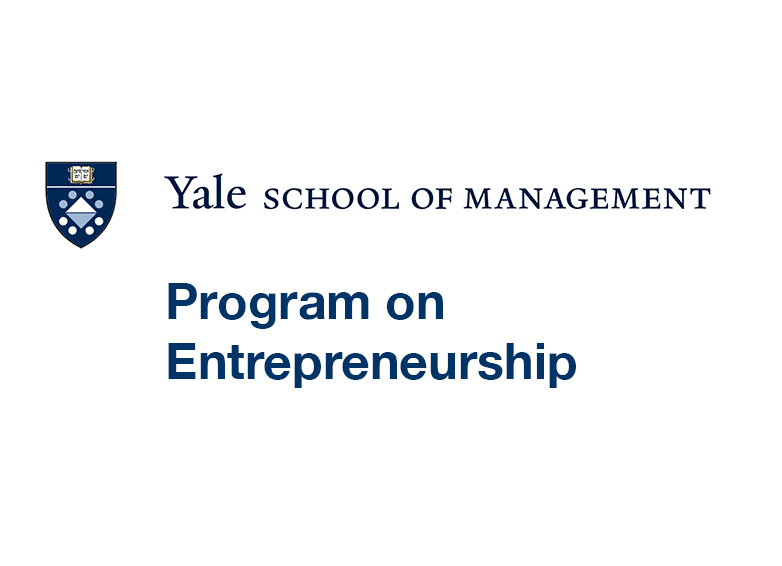
The Yale School of Management launched its Program on Entrepreneurship to further develop the culture of entrepreneurship and innovation at the school, as well as across the University. This program provides an extensive array of electives alongside specialized assistance tailored for aspiring founders.
- 2013
Craig Crews – Arvinas

Dr. Craig Crews is a professor at Yale and holds joint appointments in the departments of Chemistry and Pharmacology. In 2013, he founded Arvinas, a New Haven-based biotechnology company leading the way in targeted protein degradation therapeutics. Dr. Crews serves on several editorial boards and was the Editor of Cell Chemical Biology for a decade-long tenure.
- 2013
Vladimir Coric — BioHaven
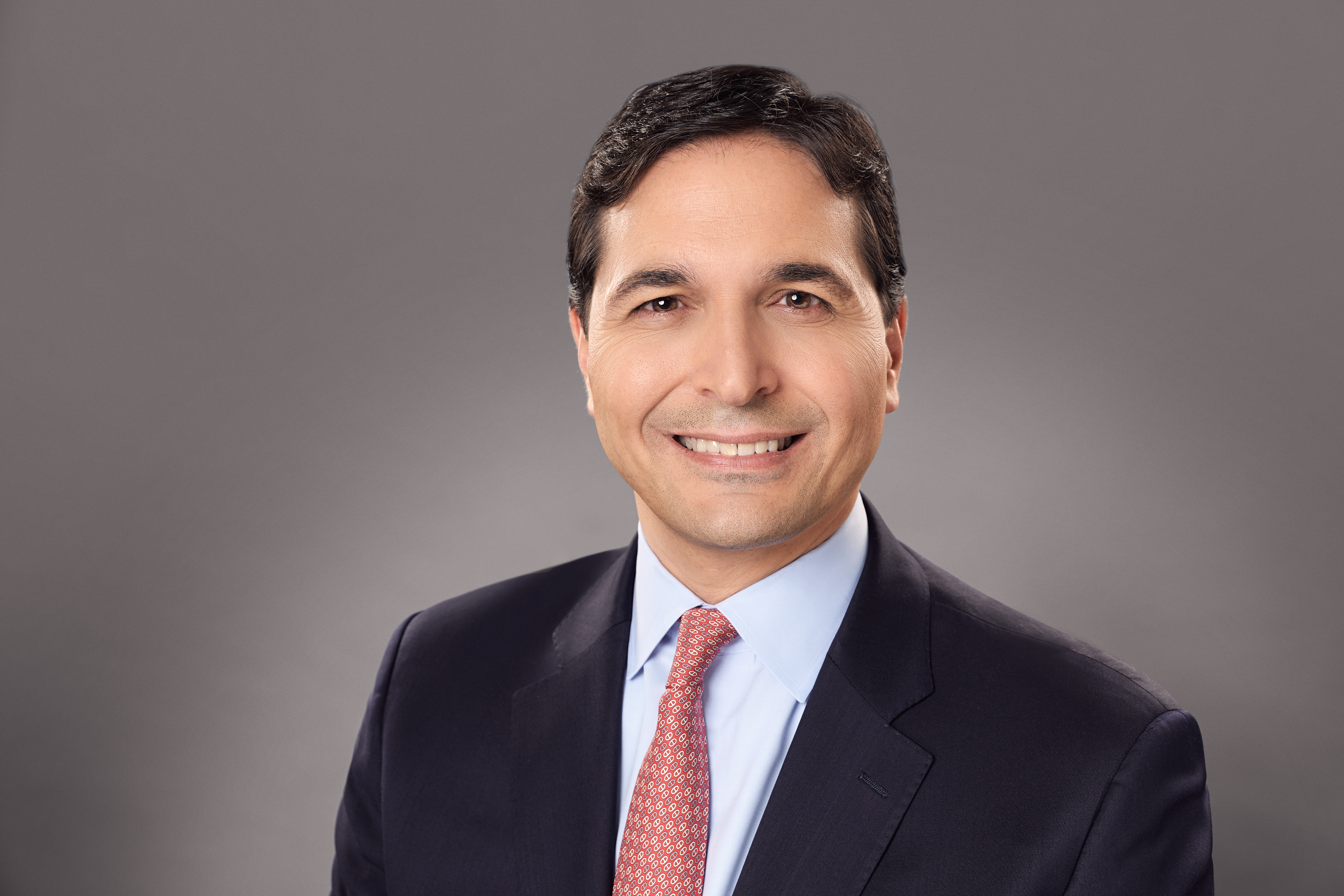
Dr. Vladimir Coric is the founder, chairman and CEO of BioHaven, a modern pharmaceutical company that discovers, develops and commercializes life-changing new therapies for people with debilitating diseases. Between the Yale School of Medicine and Bristol-Myers Squibb, he has more than 15 years of drug discovery and clinical development experience. Dr. Coric also serves as an Associate Clinical Professor of Psychiatry at the Yale School of Medicine.
- 2012
Oliver Sharp '87 — Highspot
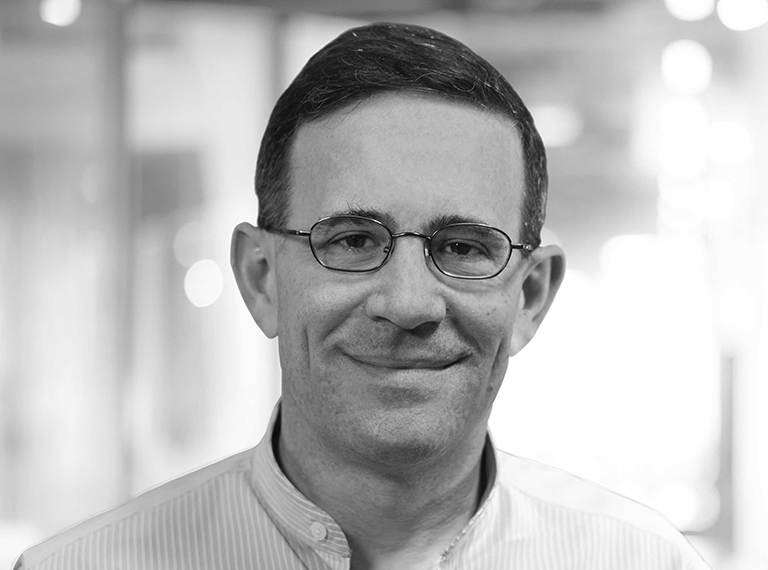
Highspot is a sales enablement platform that helps companies worldwide improve the performance of their sales teams through content management, guidance, training, coaching sales reps, and analyzing success metrics.
- 2011
Justin Kan '05 and Emmett Shear '05 — Twitch

Justin Kan and Emmett Shear graduated from Yale College in 2005 before they co-founded Justin.tv, the precursor to Twitch. Twitch is an American live streaming service, and the company was purchased by Amazon in 2014 for almost $1 billion.
- 2011
Brad Hargreaves '08, Jake Schwartz '00, and Matthew Brimer '09 — General Assembly

General Assembly is an education organization that teaches entrepreneurs and business professionals technology skills. The company was purchased by The Adecco Group in 2018 for $413 million.
- 2009
Jennifer Fleiss '05 – Rent the Runway
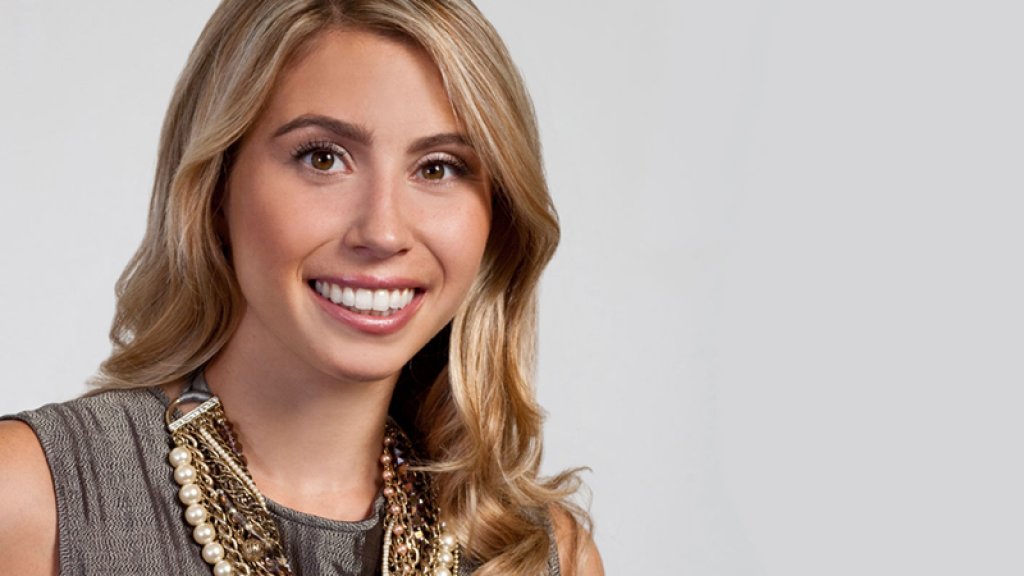
A Yale College graduate, Jennifer Fleiss co-founded Rent the Runway, an e-commerce platform that allows users to rent, subscribe or buy designer clothing and accessories. Fleiss is also a Venture Partner at Volition Capital in Boston, MA.
- 2009
Ted Bailey '04, Sam Hendel '03, and Jeff Kinsey '03 — DataMinr
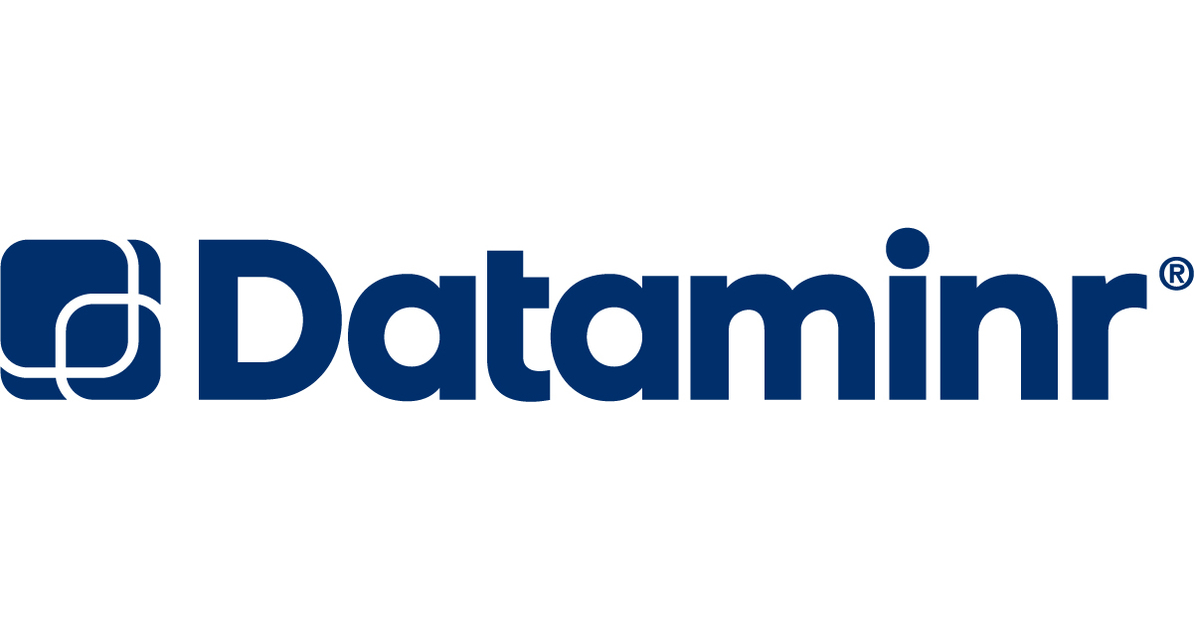
Founded by three Yale alumni, Dataminr is an artificial intelligence company specializing in real-time event monitoring for corporations. It stands as one of New York’s premier private tech firms, serving thousands of clients from both the private and public sectors. Ted Bailey is CEO of the firm.
- 2008
Jonathan Swanson '06 and Sander Daniels '05 — Thumbtack
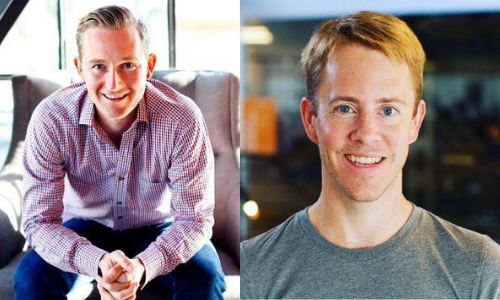
Jonathan Swanson and Sander Daniels, both Yale College graduates, are co-founders of Thumbtack. The company operates a home services platform featuring an online directory that enables users to seamlessly search, rate, and connect with local service providers, catering to a wide spectrum of personal projects.
- 2007
Tom Lee '90 — One Medical
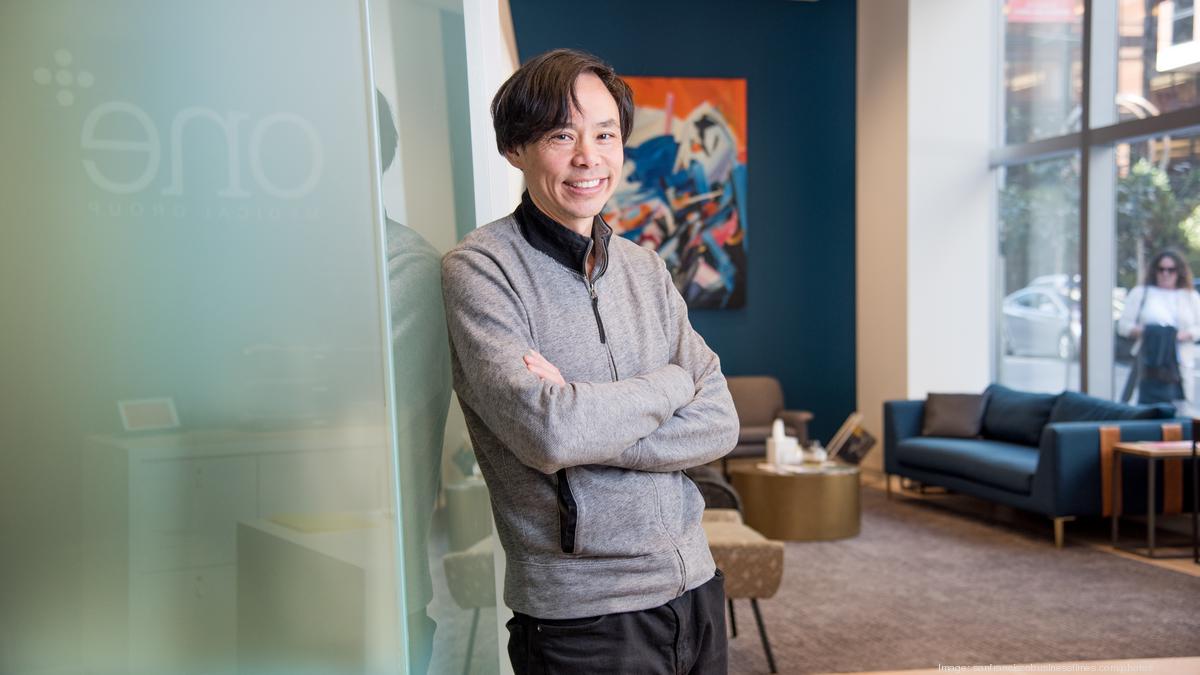
Yale College graduate Tom Lee founded 1Life Healthcare, Inc. (otherwise known as One Medical) which is a San Francisco-based chain of primary healthcare clinics with a membership-based primary care service. In February 2023, the company was acquired by Amazon for $3.9 billion.
- 2007
Eric Friedman '99 GSAS '00 — Fitbit
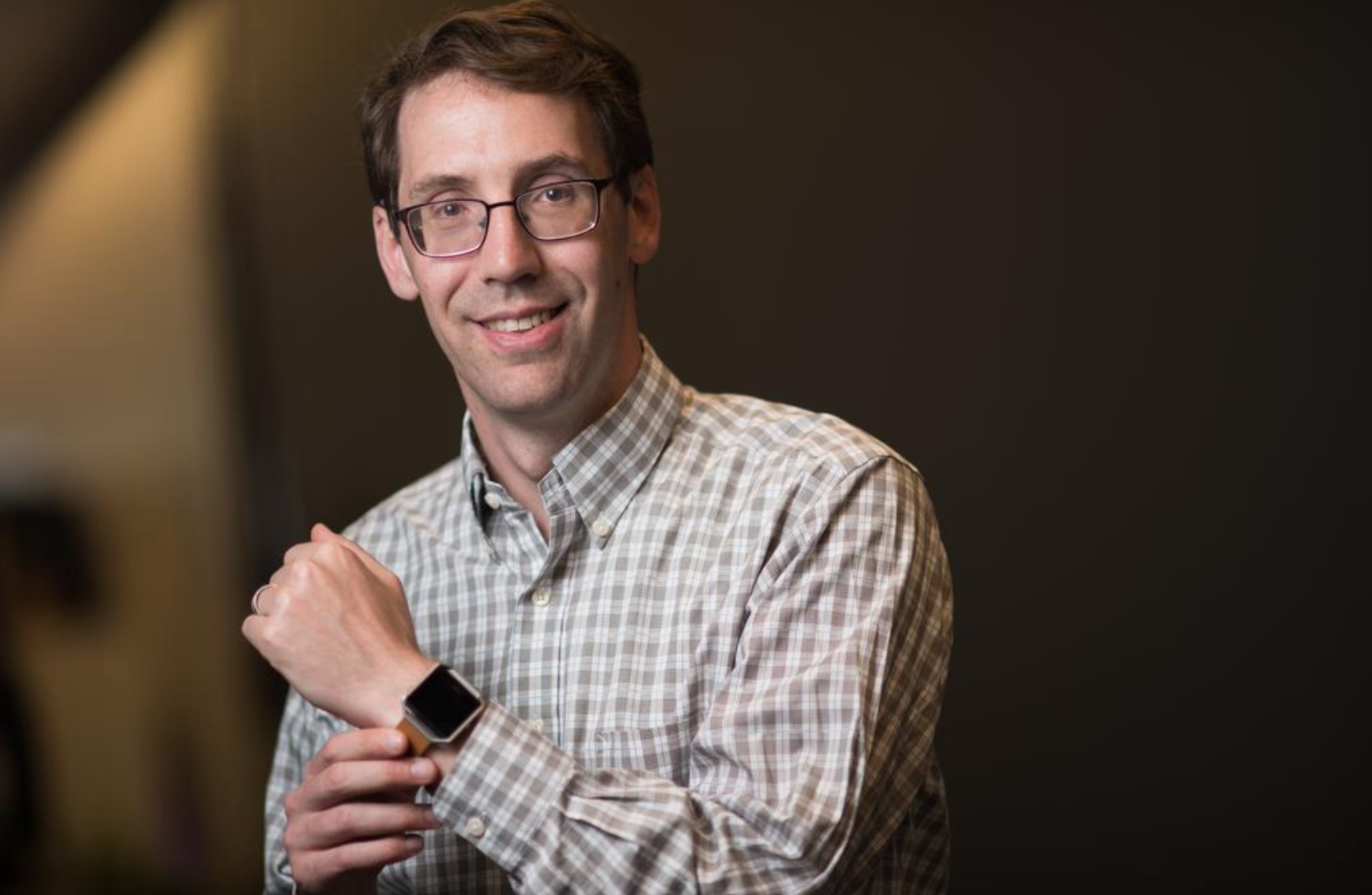
Eric Friedman founded Fitbit, a company that pioneered the zeal for personal activity data through wearable trackers of movement. Before founding Fitbit, Friedman was an engineer manager at CNET Networks. Google acquired Fitbit for $2.9 billion in 2019.
- 2004
David S. Rose '79 — Gust
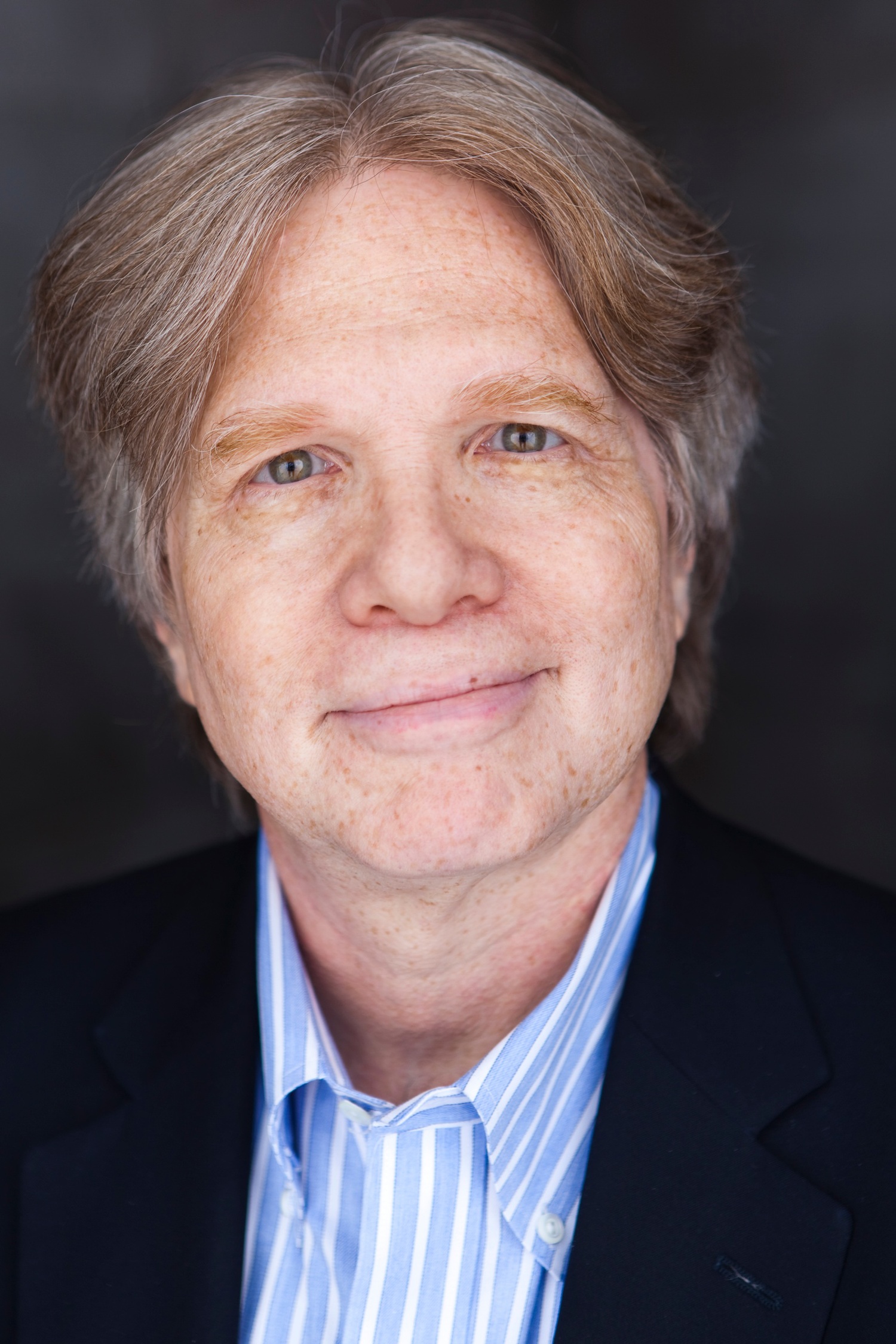
Serial entrepreneur David S. Rose founded Gust, a global SaaS platform for entrepreneurs to start, grow, and fund their ventures, in 2004. Gust is the world’s largest community of entrepreneurs and early-stage investors from 192 countries and pioneered the equity funding collaboration industry.
- 2003
Ben Silbermann, Evan Sharp and Paul Sciarra
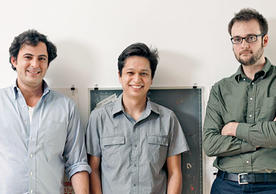
These three Yalies cofounded Pinterest, a virtual pinboard that lets users post images of things they covet, recipes they want to try, fitness inspirations and more. Pinterest is one of the fastest-growing websites in the world, with a reported 70 million users worldwide in July 2013.
- 2001
Joseph Schlessinger
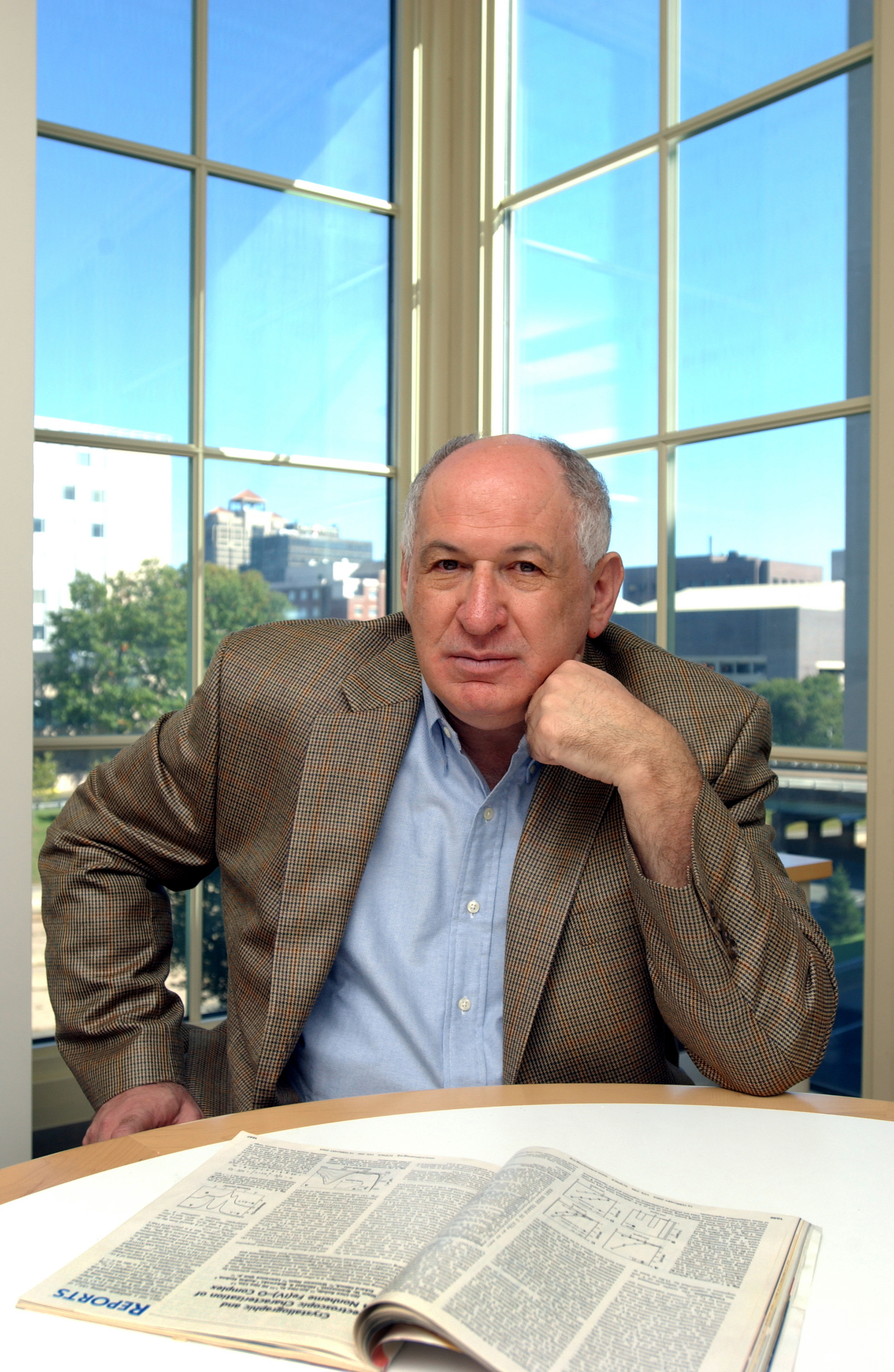
Dr. Schlessinger joined Yale as the William H. Prusoff Professor and Chairman of the Department of Pharmacology at the Yale School of Medicine in 2001. Schlessinger's work has led to an understanding of the mechanism of transmembrane signaling by receptor tyrosine kinases[2] and how the resulting signals control cell growth and differentiation. He has founded 3 biotechnology companies, and currently has 4 drugs approved by the FDA.
- 2000
Mark Volchek '00, Miles Lasater '01 and Sean Glass '03
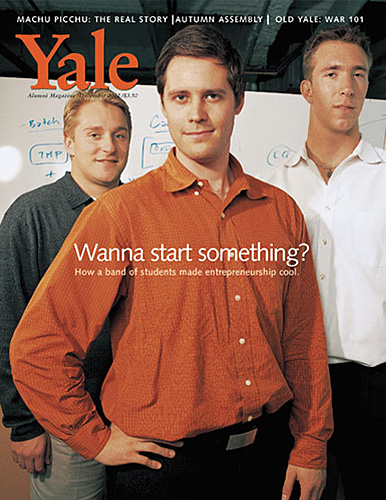
These three Yale alums cofounded Higher One in 2000, a startup that provides educational institutions with an efficient method for handling financial disbursements including student refunds, purchases, payroll and collection of payments and offers students flexible options and financial literacy programs. The company supports more than 1,600 schools and approximately 13 million enrolled students.
- 1999
Joseph Tsai '86 LAW '90 – Alibaba Group
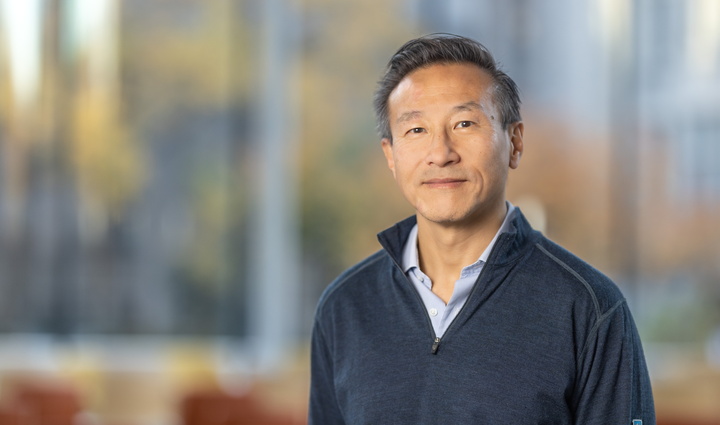
Holding two degrees from Yale — an undergraduate degree in economics and East Asian studies and a law degree — Joseph Tsai is the executive vice chairman and co-founder of the Alibaba Group, a multinational company that specializes in e-commerce, retail, Internet, technology. The Alibaba Group is one of the world’s largest retailers and e-commerce companies.
- 1997
Linda Rottenberg LAW '93 — Endeavor

Endeavor is the leading global community of, by, and for high-impact entrepreneurs. The organization is headquartered in New York City and the network spans nearly 40 countries.
- 1996
Anne Wojcicki
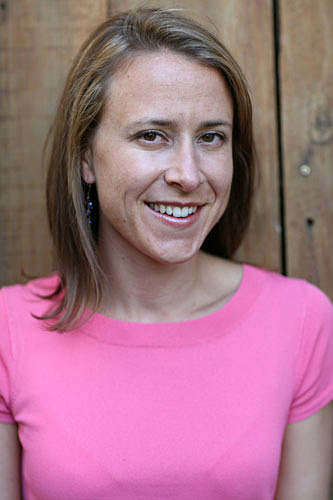
Anne Wojcicki graduated from Yale in 1996 with a biology degree and went on to cofound 23andMe, a personal genetic testing startup. The company provides DNA analysis to individuals via a saliva test and then posts the results online with regular updates allowing people to see the genetic probabilities of inheriting particular diseases. The startup has had its share of controversies, including an ongoing regulation battle with the FDA.
- 1995
Craig M. Crews
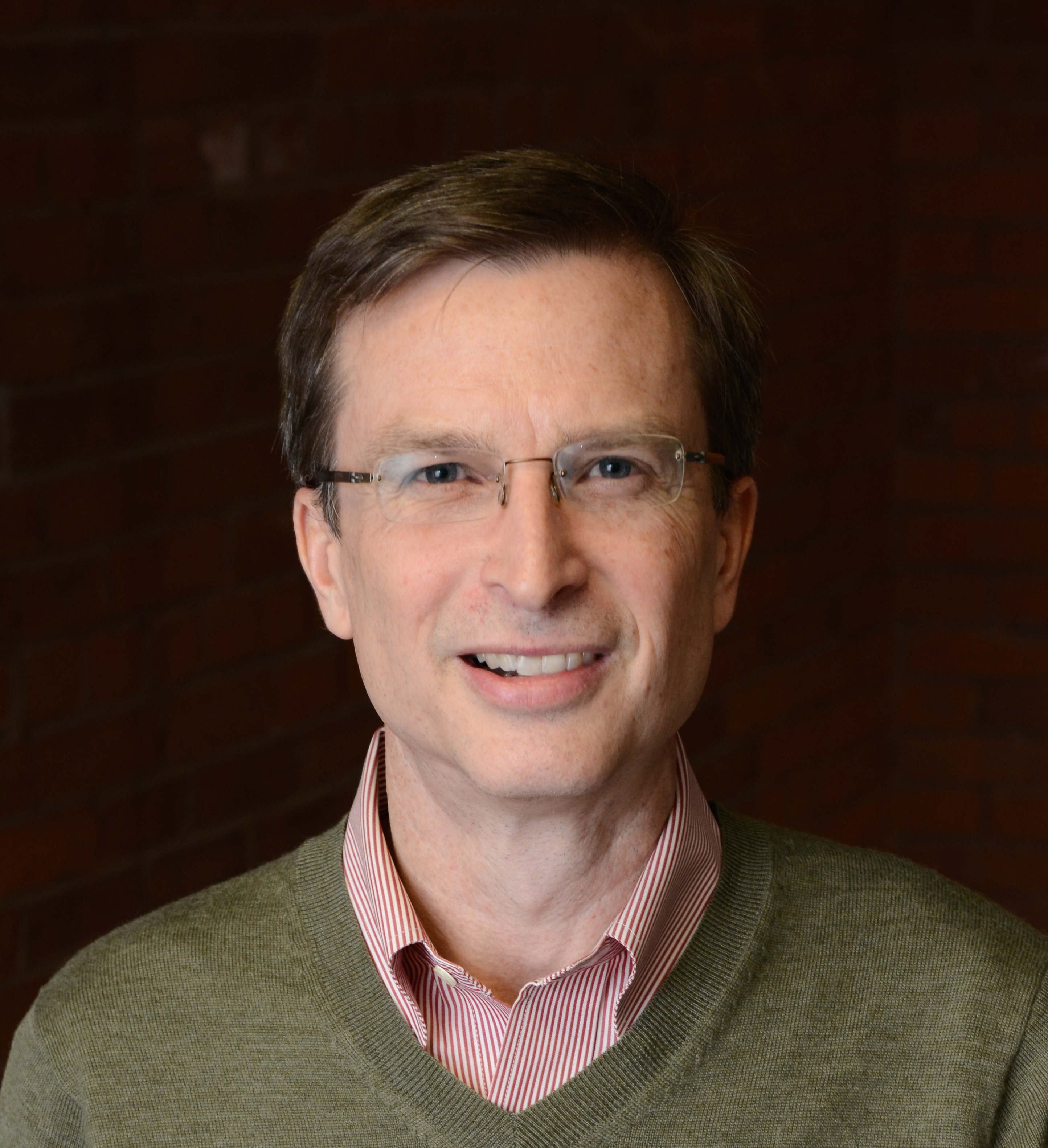
Dr. Crews joined Yale's teaching staff as an assistant professor in the Dept of Molecular, Cellular, and Developmental Biology (MCDB) in 1995, and is currently the John C. Malone Professor of MCDB. He has been a pioneer in the field of Targeted Protein Degradation and his lab's research led to the development of the FDA approved anti-cancer drug Carfilzomib (Kyprolis®). In 2013, Crews founded New Haven-based Arvinas, which uses the PROTAC protein degradation technology from his lab to develop drugs to treat cancer, neurodegeneration, and other diseases.
- 1994
Bill Prusoff and Tai-shun Lin
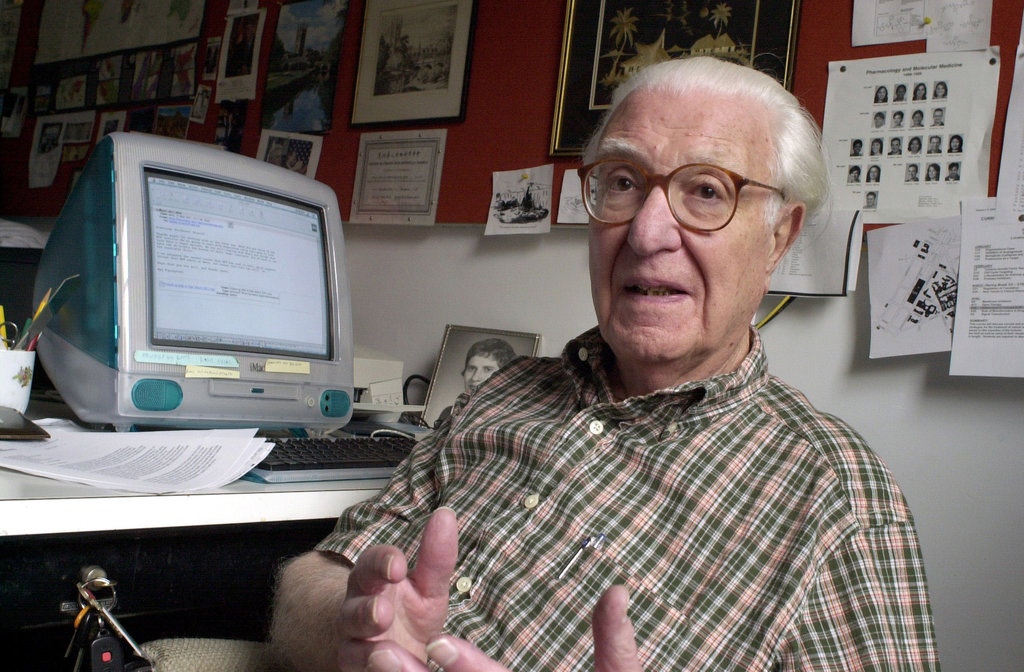
Dr. Prusoff and Dr. Lin developed an effective component in the first generation of drug cocktails used to treat AIDS.
Yale took out a patent in the doctors’ names and licensed it to Bristol-Myers Squibb for development. After F.D.A. approval, stavudine was brought to market in pill form in 1994 and sold under the brand name Zerit.
- 1994
Jennifer Doudna
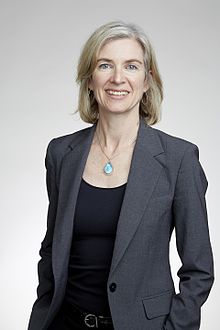
Dr. Doudna joined Yale's Department of Molecular Biophysics and Biochemistry as an assistant professor in 1994, and served as the Henry Ford II Professor of Molecular Biophysics and Biochemistry at Yale from 2000 to 2002. Her pioneering work in CRISPR gene editing was awarded the 2020 Nobel Prize in Chemistry along with Emmanuelle Charpentier.
- 1993
Gualberto Ruaño
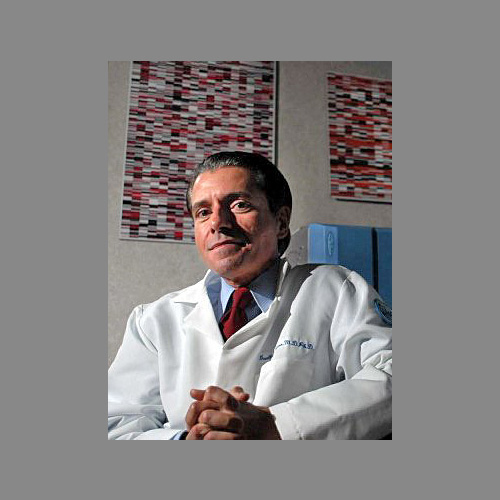
Gualberto Ruaño received a PhD in human genetics from Yale in 1993 and is the inventor of Coupled Amplification and Sequencing (CAS), a method of gene discovery that formed the basis of Ruano’s first startup, Gennaissance. Ruaño is currently the President and Founder of Genomas, a company dedicated to DNA-guided management and prescription of drugs.
- 1992
Leonard Bell MED '84 — Alexion Pharmaceuticals
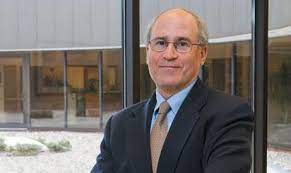
After receiving his M.D. from the Yale School of Medicine, Dr. Leonard Bell went on to be the principal founder of Alexion Pharmaceuticals, a leading global biopharmaceutical company. Prior to founding Alexion, Dr. Bell was an Assistant Professor of Medicine and Pathology and co-Director of the Program in Vascular Biology at the Yale School of Medicine.
- 1991
Jonathan M. Rothberg
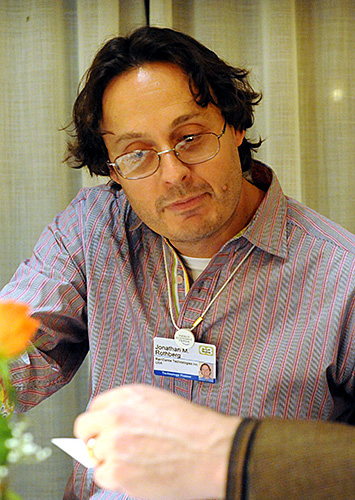
Jonathan M. Rothberg is a pioneer in DNA sequencing, who received an MS, MPhil and PhD in biology from Yale. His thesis work centered on decoding the slit gene which is responsible for the wiring of the nervous system. Rothberg founded CuraGen while at Yale, one of the first genomics companies to develop therapies for treating metastatic skin and breast cancer (sold to CellDex Therapeutics). He later founded 454 Life Sciences (acquired by Roche) and Ion Torrent (acquired by Life Technologies).
- 1990
Barry Nalebuff
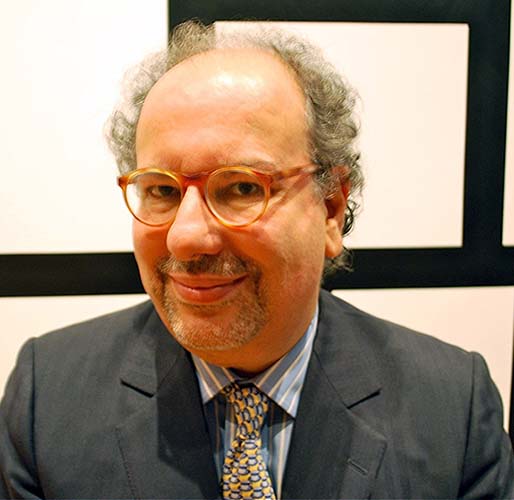
Barry Nalebuff is the Milton Steinbach Professor at Yale University who joined the faculty in 1990 as well as an expert on game theory and how it applies to business strategy and co-author of six books. In 1998, he and former student Seth Goldman cofounded Honest Tea to compete with the over-sweetened beverage market, bringing it to $70 million in sales before selling the company to Coca Cola in 2011.
- 1988
Richard A. Flavell
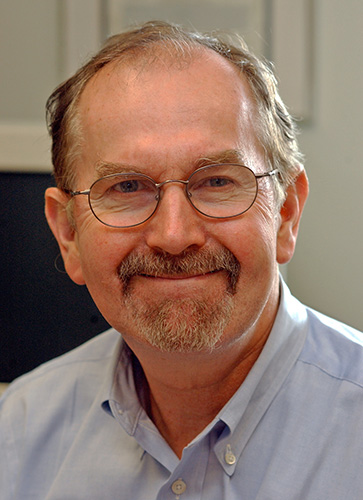
Richard Flavell was the founding chairman of the Department of Immunobiology at Yale. He won the Vilcek Prize for Biomedical Sciences with Ruslan Medzhitov for having posed a unifying theory to describe how inflammation can impact the body’s control mechanisms to trigger the onset of disease. Flavell continues to chair Yale’s Department of Immunobiology and is the Sterling Professor of Immunobiology and a Howard Hughes Medical Institute investigator.
- 1985
Tze-Chiang Chen
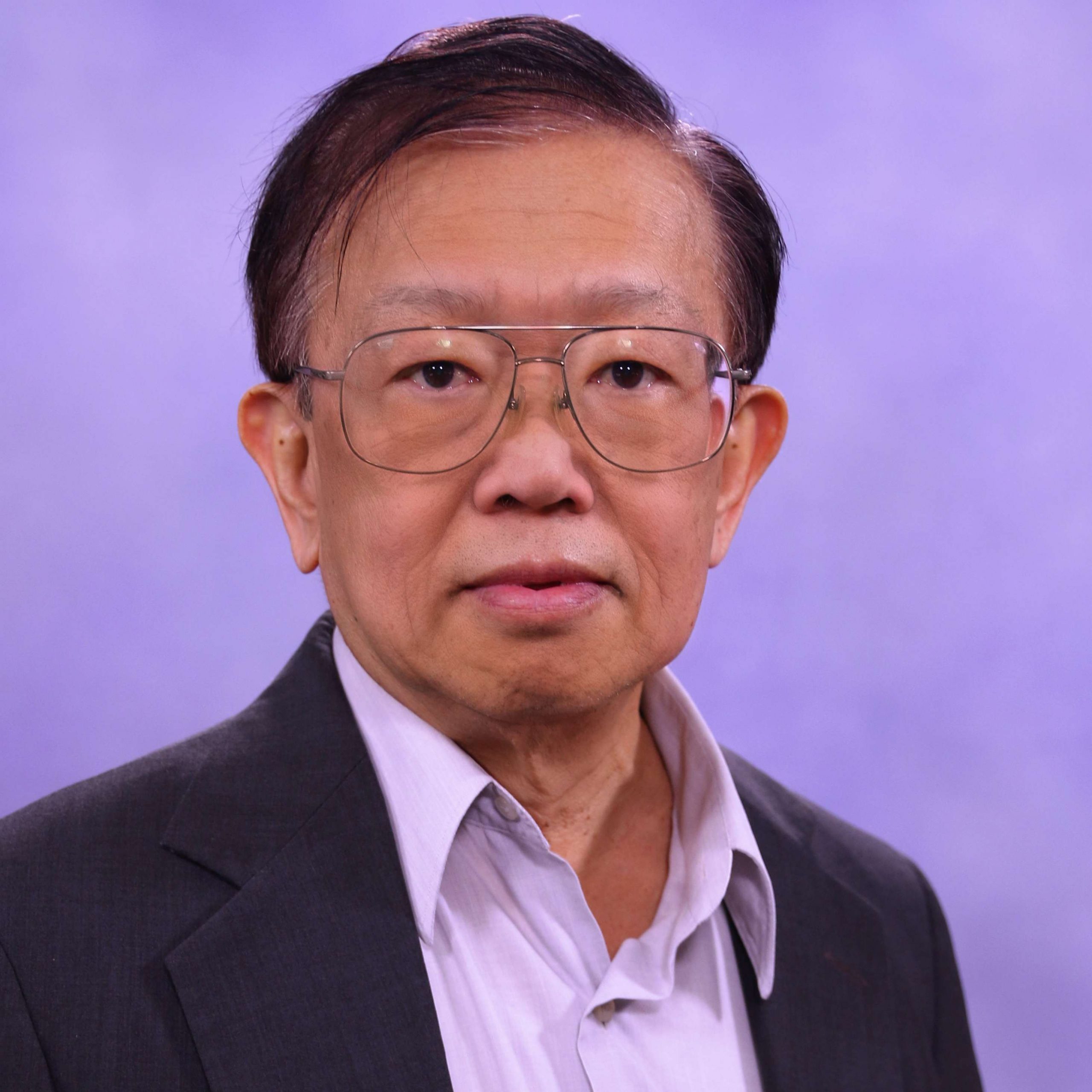
Tze-Chiang Chen, a pioneer in the development of silicon chip technologies, received his PhD in Engineering and Applied Science from Yale in 1985. He is currently Vice President of Science and Technology Research & Development at IBM, where he led the development of technology that formed the basis of semiconductor devices in IBM computers. He also led a team of international collaborators to build the fastest and smallest DRAM technology and is an IEEE Fellow.
- 1985
Vladimir Rokhlin
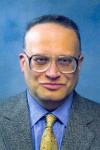
After joining the Dept. of Computer Science at Yale in 1985, Vladimir Rokhlin went on to co-invent the Fast Multipole Method, one of the top 10 algorithms of the 20th century. It is used to solve a classic problem in mathematical physics called the n-body problem, which determines how the gravitational attraction between two or more bodies affects their motion and has a wide number of applications in physics, from studying planetary motion to describing electromagnetic phenomena.
- 1985
Kevin Ryan
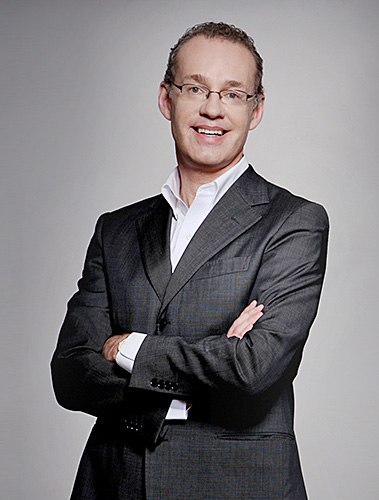
Kevin Ryan is a leading internet entrepreneur who founded the online retailer Gilt Groupe as well as Business Insider and MongoDB. Under his leadership, the online ad service and Google subsidiary DoubleClick grew from a 20-person startup to a multibillion dollar global leader. Ryan was named one of the “50 Most Influential Business People” by Crain’s New York Business and he currently serves on the board of Yale University and is a member of the Yale International Council.
- 1984
Tarek Sherif
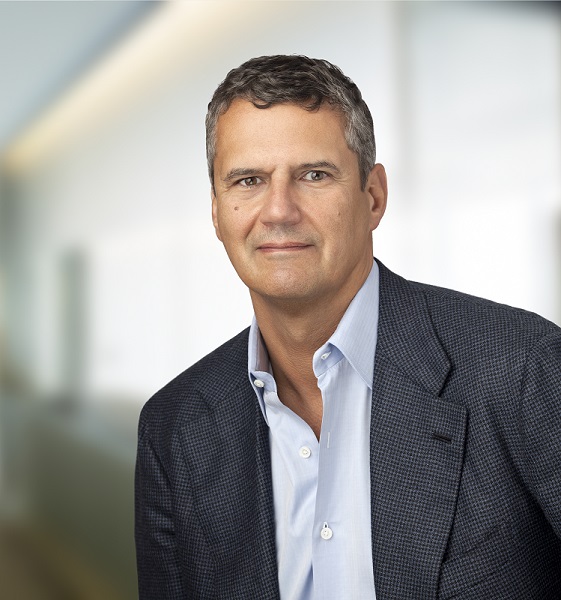
Tarek Sherif is the founder of Medidata Solutions, the leading global provider of cloud-based solutions to the life science industry—a business that supports clinical trials in over 115 countries and defines the vertical cloud company business model. Sherif led Medidata’s successful IPO in June 2009, positioning Medidata as one of the best performing companies to go public since 2009 and New York City’s most successful public technology company.
- 1979
Robert Shulman
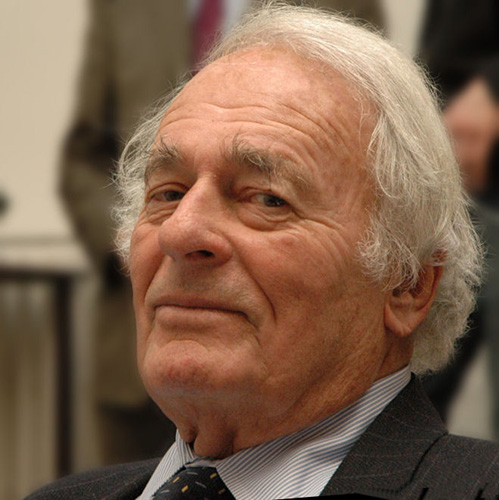
Robert Shulman joined the Yale faculty in 1979 and has played a leading role in the use of nuclear magnetic resonance imaging (NMR) technology for biological studies. Shulman is the Sterling Professor emeritus of Molecular Biophysics and Biochemistry and he founded the Magnetic Resonance Research Center at Yale. His group has used high field NMR spectroscopy to follow chemical reactions and brain activity and NMR imaging techniques.
- 1978
Venki Ramakrishnan
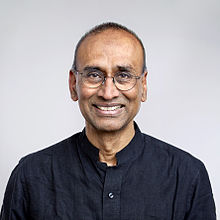
Dr. Ramakrishnan began work on ribosomes as a postdoctoral fellow at Yale University. He shared the 2009 Nobel Prize in Chemistry with Thomas A. Steitz and Ada Yonath, "for studies of the structure and function of the ribosome." Dr. Ramakrishnan served as President of the Royal Society from 2015-2020.
- 1977
Donna Dubinsky
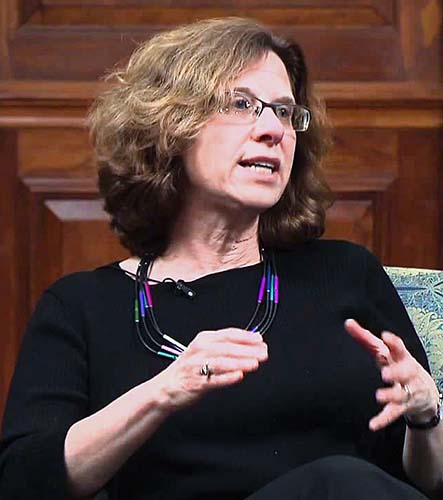
After 10 years at Apple, Donna Dubinsky joined Jeff Hawkins, founder of Palm Pilot, becoming its president and CEO and carving out a new industry segment for personal digital assistants. The two left Palm to cofound Handspring in 1998, another leader in the early smartphones with the Treo. Dubinsky serves on Yale’s board and cofounded Numenta, Inc. in 2005.
- 1975
Elizabeth Blackburn
Dr. Blackburn was a postdoctoral research at Yale from 1975 to 1977. In 1984, Blackburn co-discovered telomerase, the enzyme that replenishes the telomere, with Carol W. Greider. She won the 2009 Nobel Prize in Physiology or Medicine for this work.
- 1972
Bing Gordon
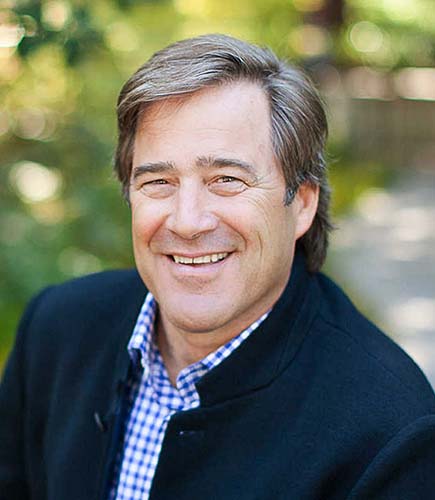
Bing Gordon, who received his B.A. from Yale and his M.B.A. from Stanford, was a longtime Chief Creative Director of video game maker Electronic Arts where he drove branding strategy for EA Sports and contributed to the design and marketing of many EA franchises, including John Madden Football and The Sims. He was a founding director at Audible (acquired by Amazon in 2008) and is currently a General Partner and Chief Product Officer for Kleiner Perkins Caufield & Byers.
- 1971
James Rothman
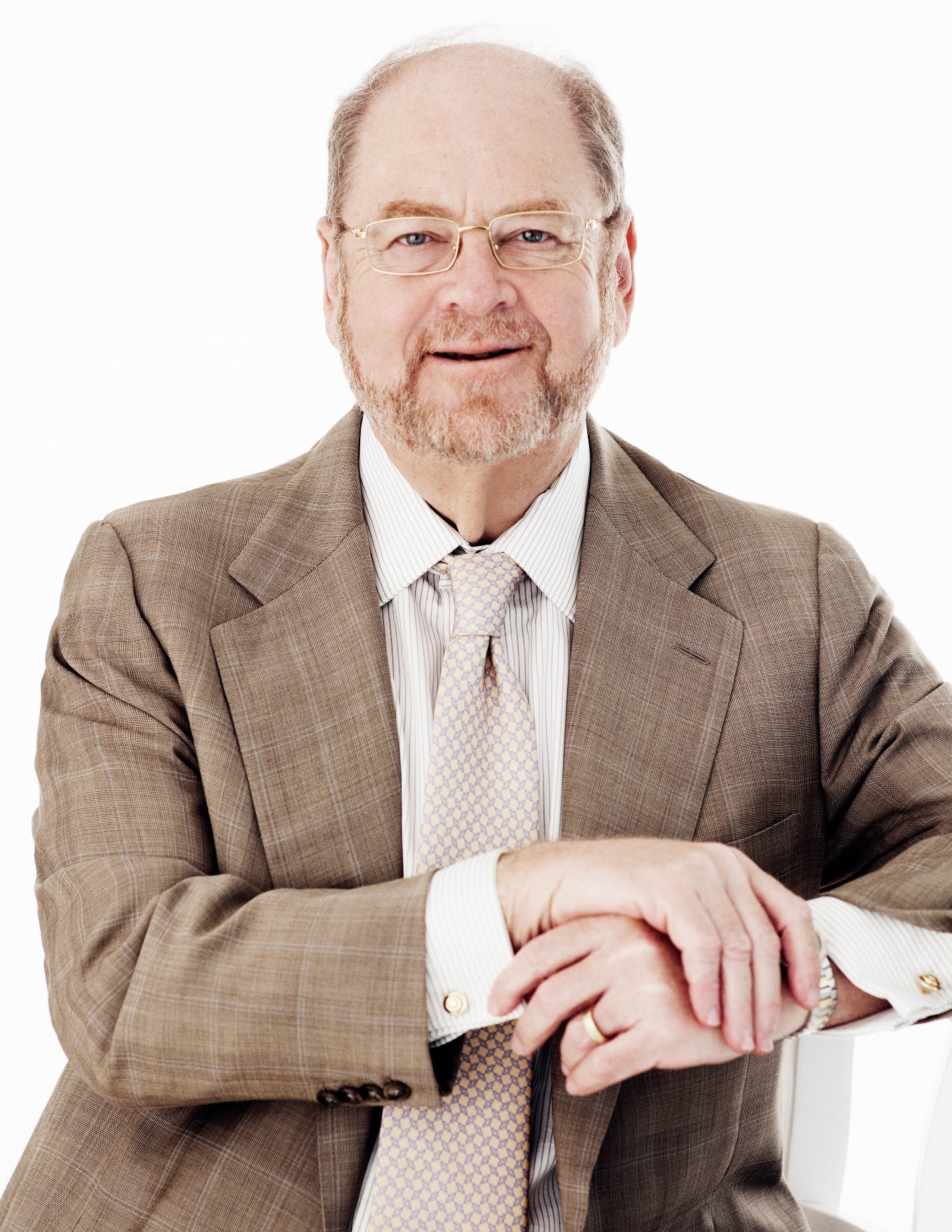
James Edward Rothman (BA '71) is the Fergus F. Wallace Professor of Biomedical Sciences at Yale University, the Chairman of the Department of Cell Biology at Yale School of Medicine, and the Director of the Nanobiology Institute at the Yale West Campus.[4] Rothman was awarded the 2013 Nobel Prize in Physiology or Medicine, for his work on vesicle trafficking.
- 1971
Sidney Altman
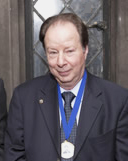
Sidney Altman is the Sterling Professor of Molecular, Cellular, and Developmental Biology and Chemistry at Yale University. He joined Yale as an assistant professor in 1971. In 1989 he shared the Nobel Prize in Chemistry with Thomas R. Cech for their work on the catalytic properties of RNA.
- 1970
Thomas A. Steitz
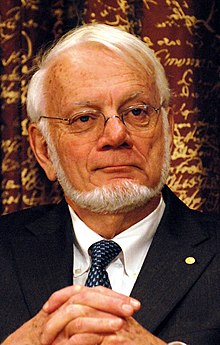
Dr. Steitz was an American biochemist, a Sterling Professor of Molecular Biophysics and Biochemistry at Yale University, and investigator at the Howard Hughes Medical Institute, best known for his pioneering work on the ribosome. He joined the Yale faculty in 1970.
Steitz was awarded the 2009 Nobel Prize in Chemistry along with Venkatraman Ramakrishnan and Ada Yonath "for studies of the structure and function of the ribosome".
- 1966
Fred Smith
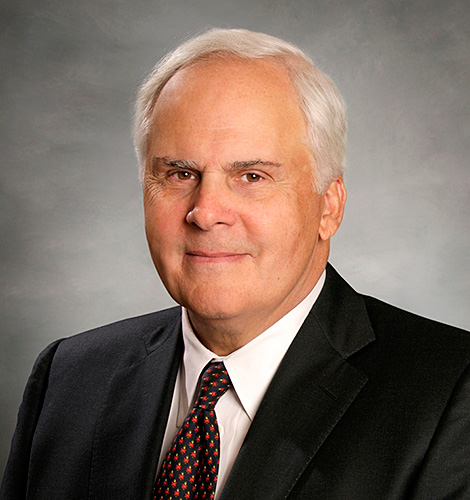
Fred Smith hatched the idea for an overnight delivery service that would become Federal Express in an economics paper he wrote while at Yale (famously, he professed to probably receiving a “C” on that paper). Smith’s idea was for a central clearing house where materials were exchanged. FedEx is now a $45-billion global transportation, business services and logistics company.
- 1963
Marian Wright Edelman

Marian Wright Edelman received her law degree from Yale Law School in 1963, and a decade later she founded the Children’s Defense Fund, the nation’s strongest voice for children and families. Edelman has received over 100 honorary degrees and awards including the Albert Schweitzer Humanitarian Prize and the Presidential Medal of Freedom. Edelman was also the first woman elected by alumni as a member of the Yale University Corporation on which she served from 1971 to 1977.
- 1961
Frank Ruddle
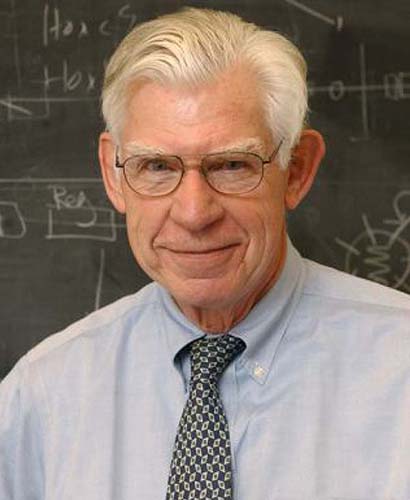
Frank Ruddle joined the Yale faculty in 1961 and was a pioneer in the field of genetics—one of the first scientists to map genes on human chromosomes. His research led to the first transgenic animals, allowing scientists to study the way genes function in living organisms, and created the Human Gene Map at Yale in 1989, which paved the way for the Human Genome Project (launched in 1989).
- 1942
Gustaf Lindskog
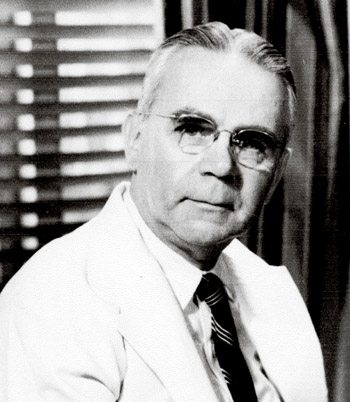
The Chair of the Yale Dept. of Surgery, Gustaf Lindskog administered the first intravenous treatment of chemotherapy after witnessing the ability of nitrogen mustard to kill cancer cells in mice, launching a protocol that would save the lives of millions suffering from cancer.
- 1940
John Fenn
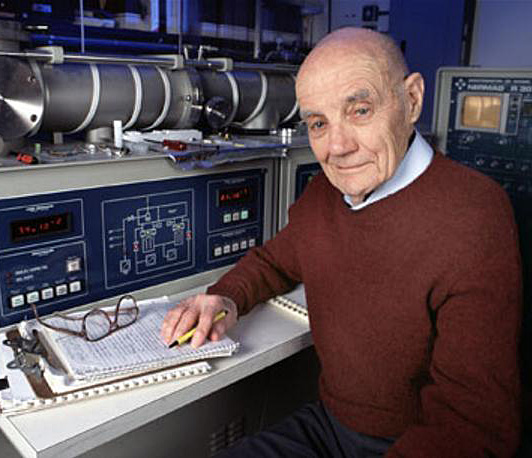
John Fenn was a former Yale professor who earned his PhD from Yale in 1940 and was awarded the Nobel Prize in Chemistry in 2002 for developing Electrospray Mass Spectrometry, a technique that greatly advanced drug discovery and molecular study.
- 1934
Grace Hopper
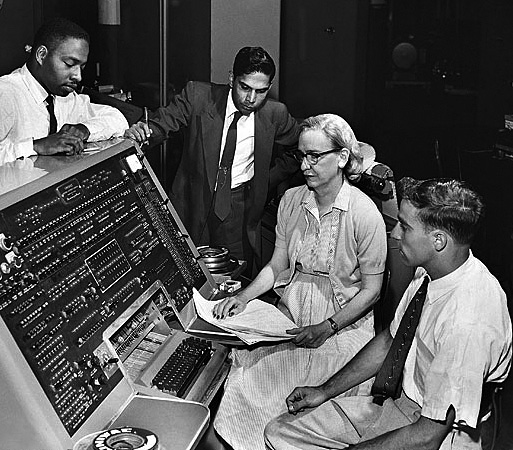
Grace Hopper was a pioneering computer scientist who received both her MA (1930) and PhD (1934) from Yale. She left a teaching position at Vassar to join the Navy WAVES (Women Accepted for Voluntary Emergency Service) and was asked to program an electromechanical computing machine. Hopper turned out a 500-page manual of operations. Later, she became one of the first software engineers, inventing the compiler, which translates commands for computers, and developing the COBOL computer language.
- 1933
Lars Onsager
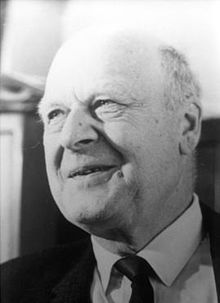
Lars Onsager was a Norwegian-born American physical chemist and theoretical physicist. He joined Yale's faculty in 1933 and held the Gibbs Professorship of Theoretical Chemistry at Yale University. He was awarded the Nobel Prize in Chemistry in 1968.
- 1928
Edwards Deming
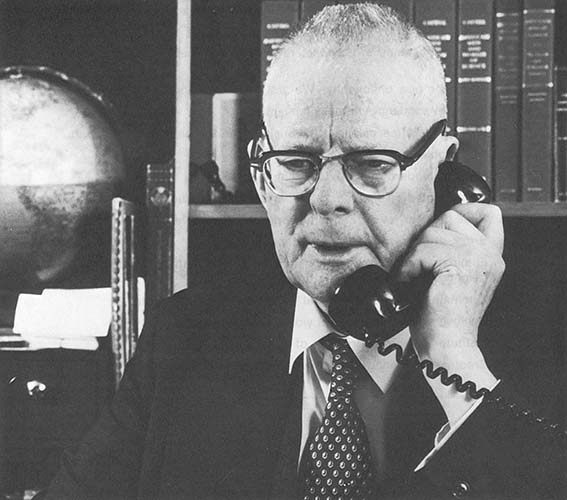
Edwards Deming invented the “total quality management” concept, used to improve design, service, testing and sales using statistical methods that significantly improved Japan’s manufacturing and economic success. Not until his death in 1993 was he recognized in the U.S. and he was honored by President Reagan in 1987 with the National Medal of Technology. The following year he received the Distinguished Career in Science award from the National Academy of Sciences.
- 1921
Marie Curie
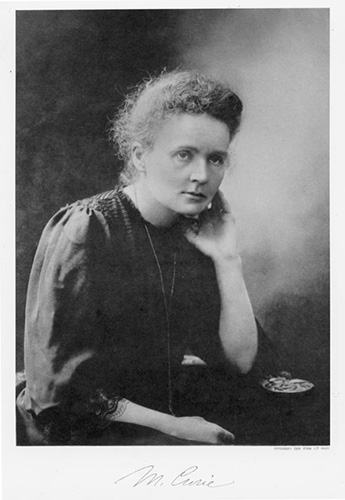
Marie Curie was the first woman to receive an honorary science degree from Yale. She attended an illegal, clandestine university in Poland and later married Pierre Curie, with whom she shared her first Nobel Prize for her contributions to the study of radiation in 1903. She received her second Nobel, in chemistry, for the discovery of radium and polonium, in 1911.
- 1919
John Enders
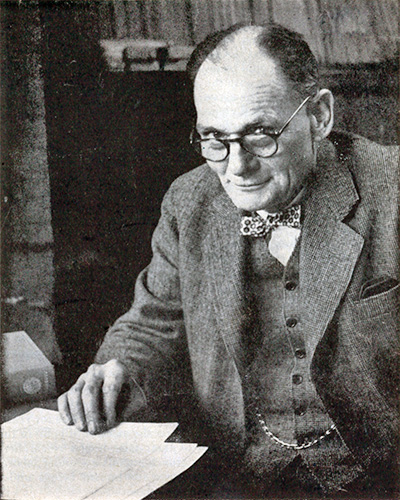
John F. Enders left his studies at Yale to become an air force pilot, but would return to receive his degree in 1919. He would go on to receive his PhD from Harvard and do transformative research related to infectious diseases. His in vitro culture of the poliovirus led to a Nobel Prize in 1954, and Enders’ work would be responsible for the development of both the polio and measles vaccines. He is known as the “father of modern vaccines.”
- 1896
Lee DeForest
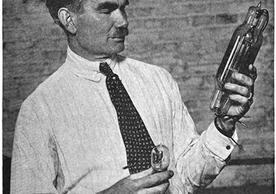
Lee DeForest was a prolific inventor who received his PhD from Yale in 1896, with over 300 patents to his name. Most prominently, he is remembered for inventing the audion, a vacuum tube that can amplify weak electrical signals and allowed AT&T to have nationwide phone service and for sound transmission for radios, TVs and even early computers. DeForest is known as “the father of radio.”
- 1891
Harvey Cushing
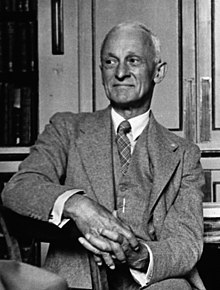
A pioneer of brain surgery, Harvey Cushing founded Neurosurgery as an independent specialty, established the concept of the physician scientist, founded Endocrinology through studies of hormones and pituitary tumors, and brought blood pressure monitoring and the use of x-ray imaging into the operating room. He graduated with an A.B. degree in 1891 from Yale University and returned in 1933 as the Sterling Professor of Medicine. Opened in 2010, the Cushing Center houses The Cushing Tumor Registry, an archival collection of over 2,200 case studies which includes human whole brain and tumor specimens, microscopic slides, note books, journal excerpts, and over 15,000 photographic negatives dating from the late 1800’s to 1936.
- 1858
Josiah W. Gibbs
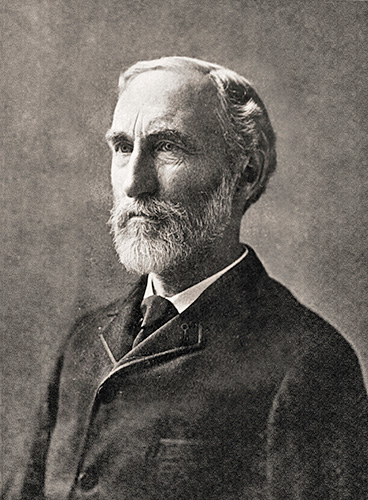
The son of Yale professor who would later become a Yale professor himself, Josiah W. Gibbs was a theoretical physicist and chemist who was one of the greatest scientists of his time—although largely unrecognized. He applied thermodynamics to physical processes, leading to the development of statistical mechanics.
- 1840
Samuel Morse
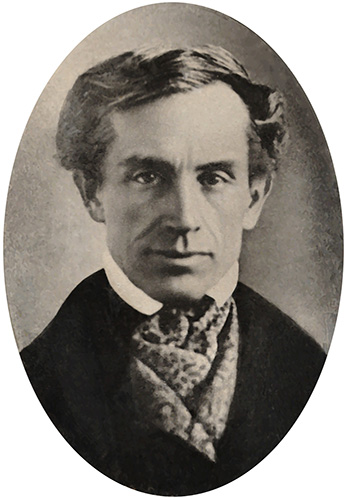
As a student at Yale College, Morse was interested in both art and electricity. He would go on to become a well-known portrait artist. Between 1832 and 1837, he developed a working electric telegraph, using materials at hand, including a battery and gears. His device was capable of transmitting dots and dashes that could be “sound read” by operators—the famed Morse code.
- 1792
Eli Whitney
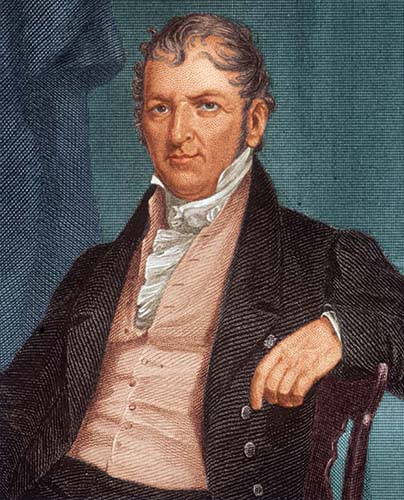
Having graduated from Yale College, Whitney went on to design a cotton gin for cleaning green-seed cotton and secured a patent for his invention in 1794. He later developed the concept for mass production of interchangeable parts displayed in assembling muskets.
- 1755
David Bushnell
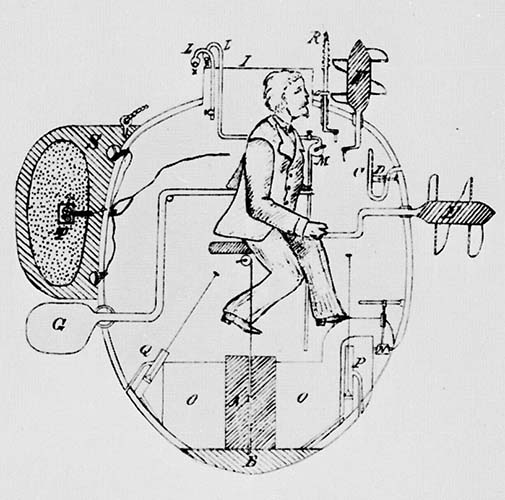
Bushnell graduated from Yale in 1775, at the outbreak of the American Revolution, and went on to build the “Turtle,” a turtle-shaped submarine which was propelled underwater by an operator who turned its propeller by hand. The “Turtle” was armed with a torpedo and several attempts were made using the Turtle against British warships. Bushnell is known as the “father of submarine warfare.”
